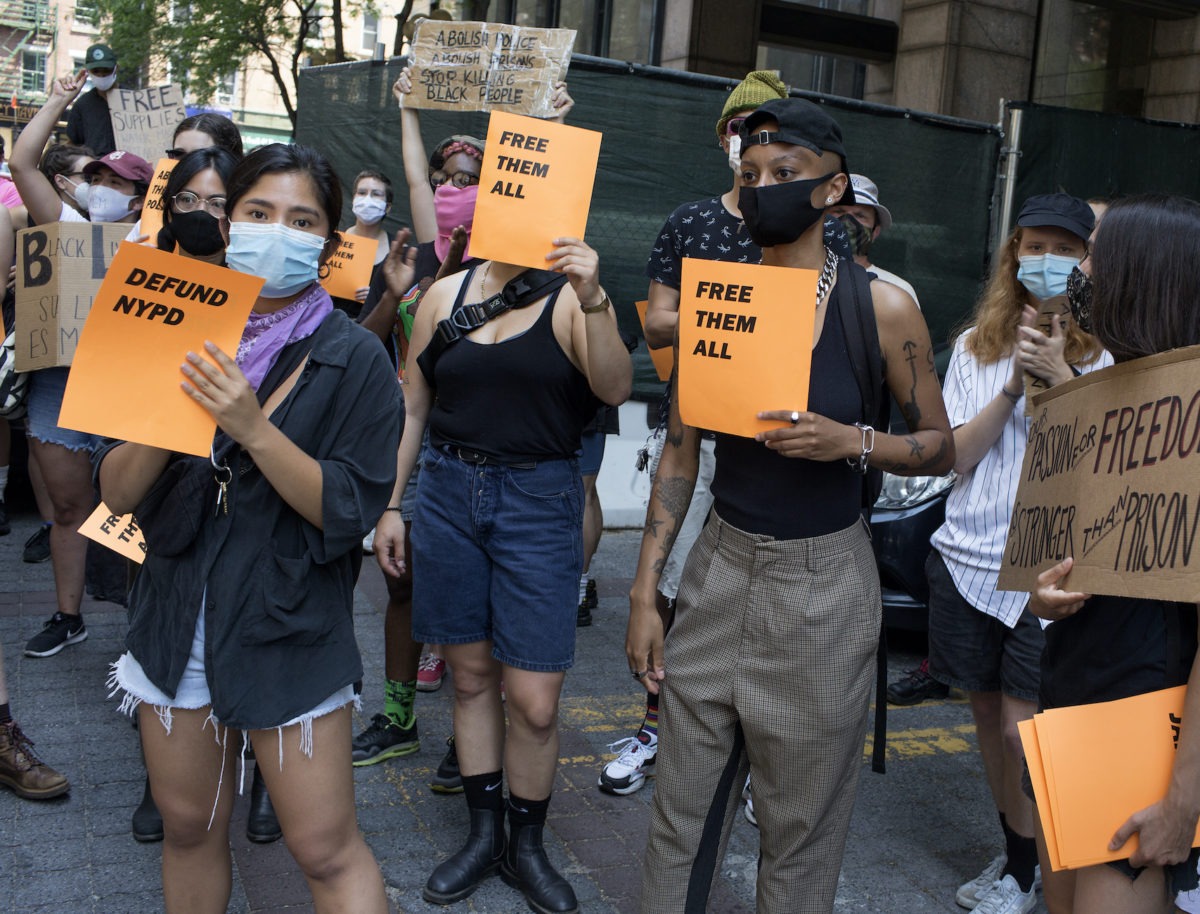
How Prison Abolitionists Are Meeting The Moment
The COVID-19 pandemic and nationwide protests over police brutality are strengthening the case against mass incarceration, advocates argue.

The COVID-19 pandemic and nationwide protests over police brutality are strengthening the case against mass incarceration, advocates argue.
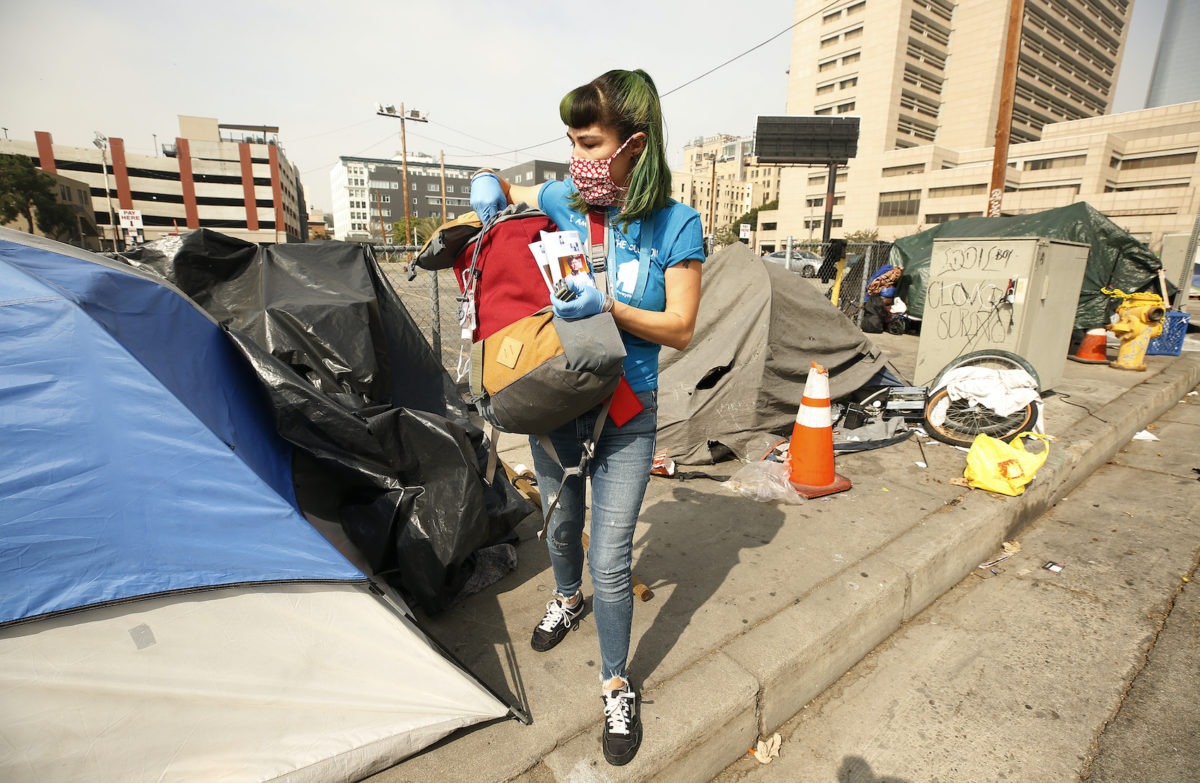
As a ‘heat dome’ descends on much of the country and local governments scramble to provide safe refuges, concern grows over the effect of a disease that has ‘totally demolished the homeless people.’
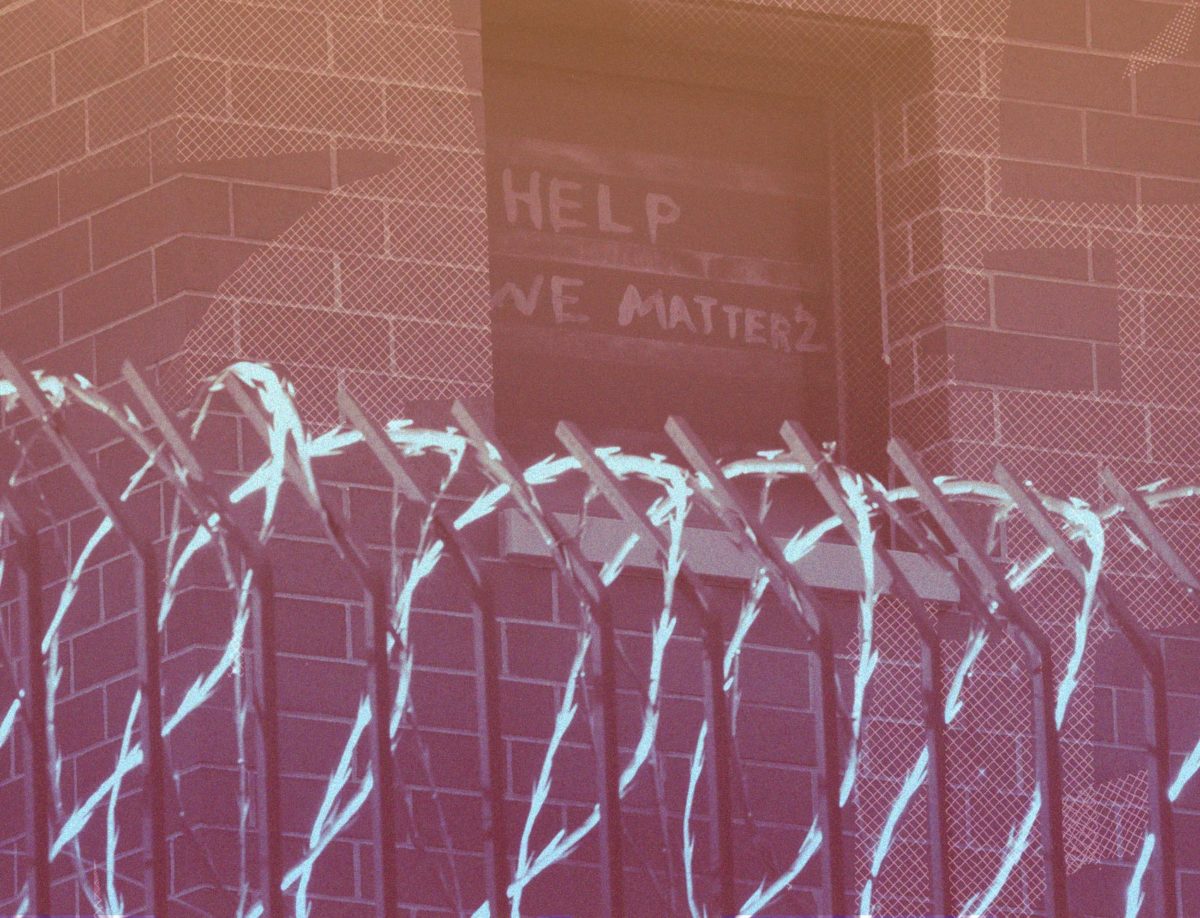
New data obtained through a Freedom of Information Law request paint a dire picture of New York City COVID-19 testing in its jails.
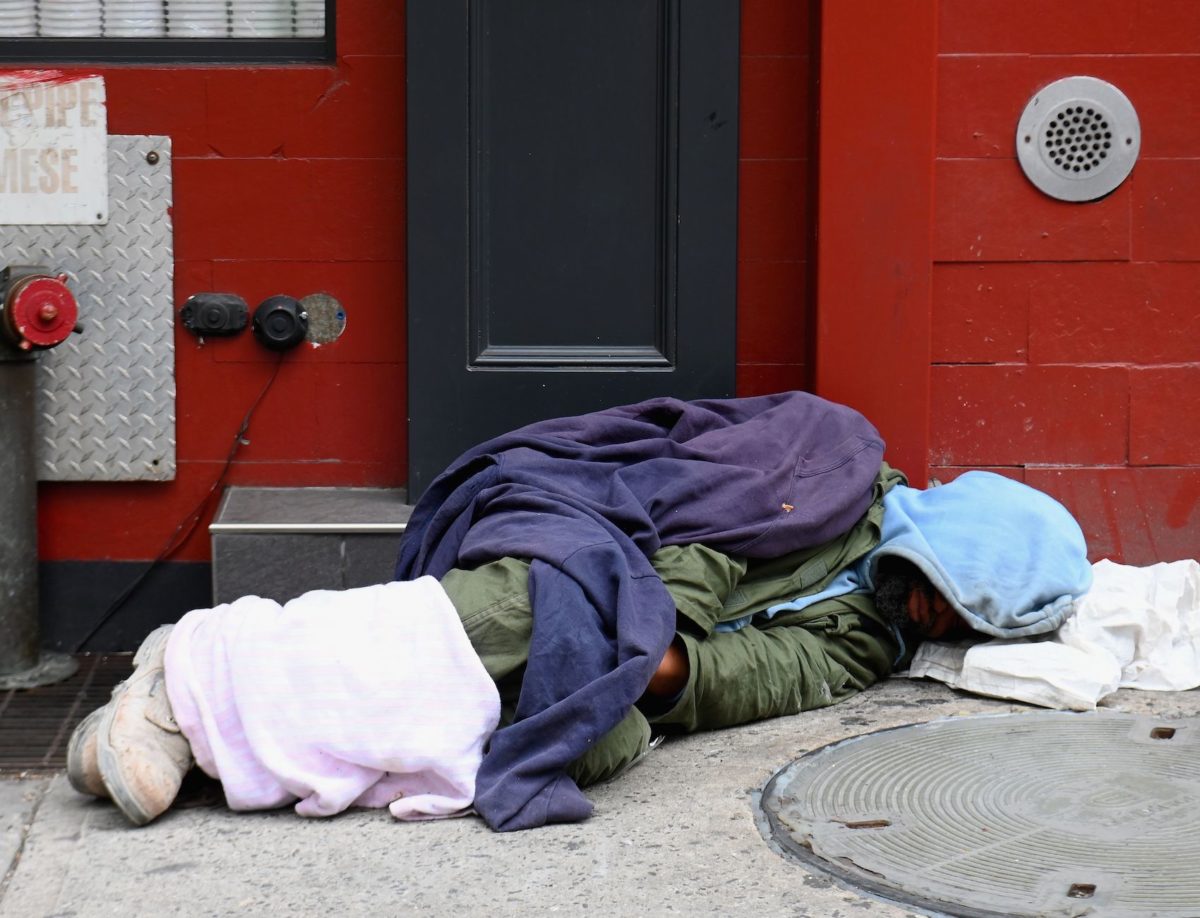
Many city residents who’ve served time for sexual crimes have families who want them back, but a 19-year-old law keeps them away.
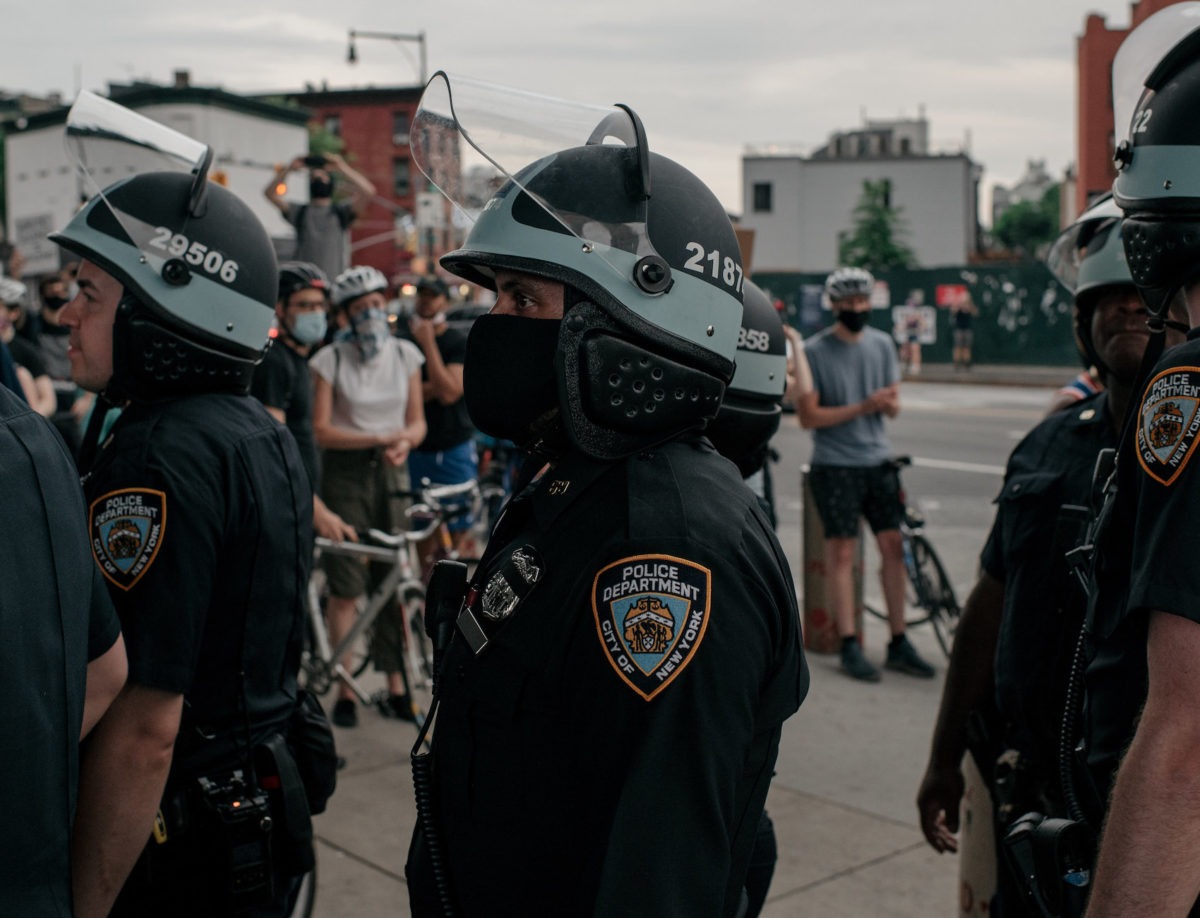
A representative board is needed to check the power of the NYPD and appropriately discipline officers for misconduct, they argue.
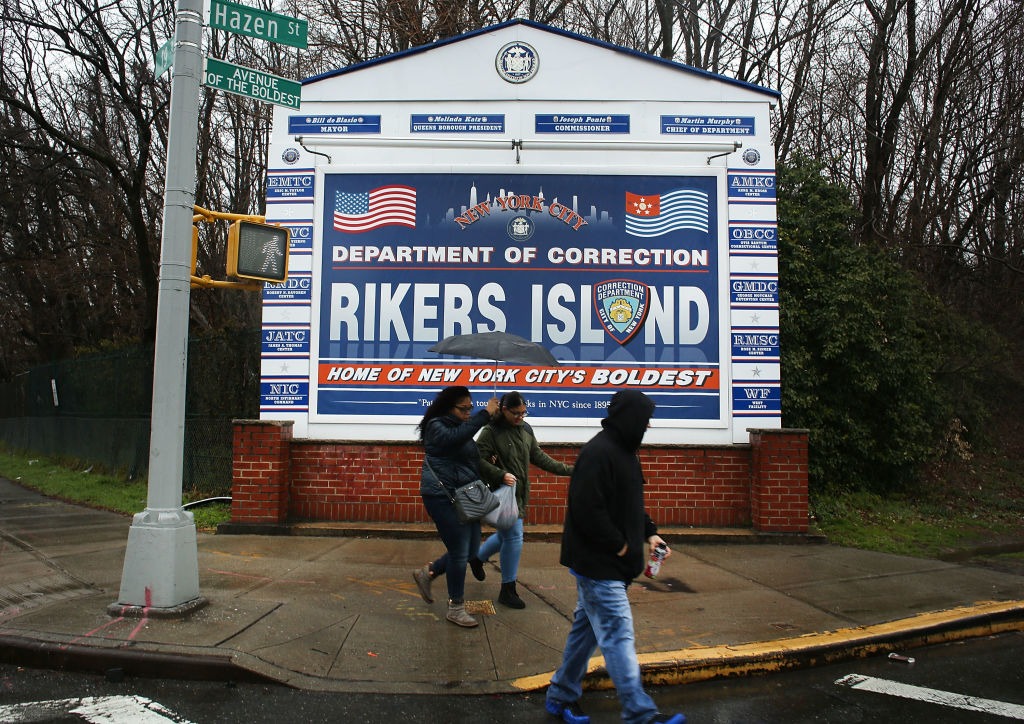
Reductions in budgets related to the novel coronavirus have slowed New York City’s plan to close Rikers by building new jails, and it’s becoming increasingly possible that the city will not meet its January 2027 deadline.
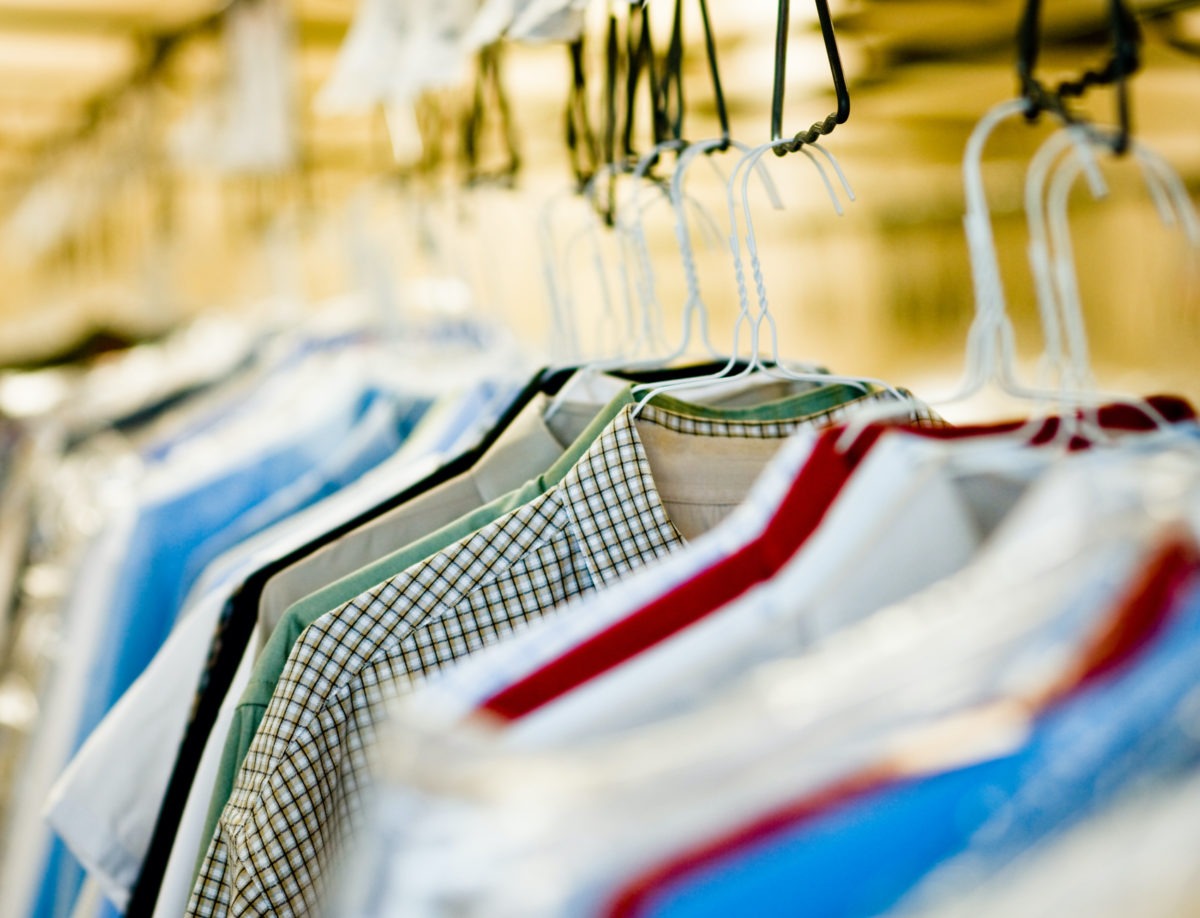
Workers report facing a difficult choice between earning a living and feeling safe and healthy at their job.
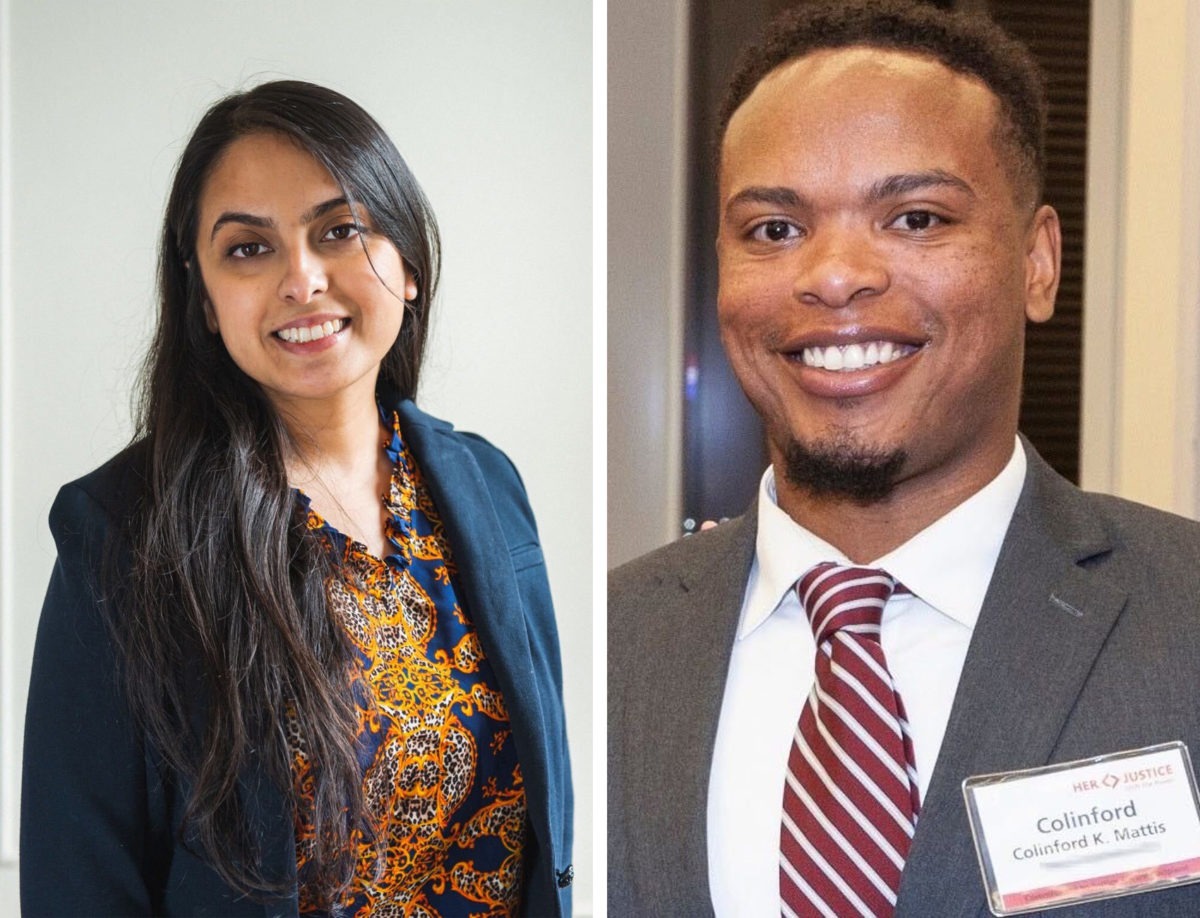
Federal prosecutors argue that damaging a police vehicle is a violation of federal statutes in part because the police department receives federal funding. Former prosecutors and law professors say it’s an absurd rationale driven by politics of the Justice Department.
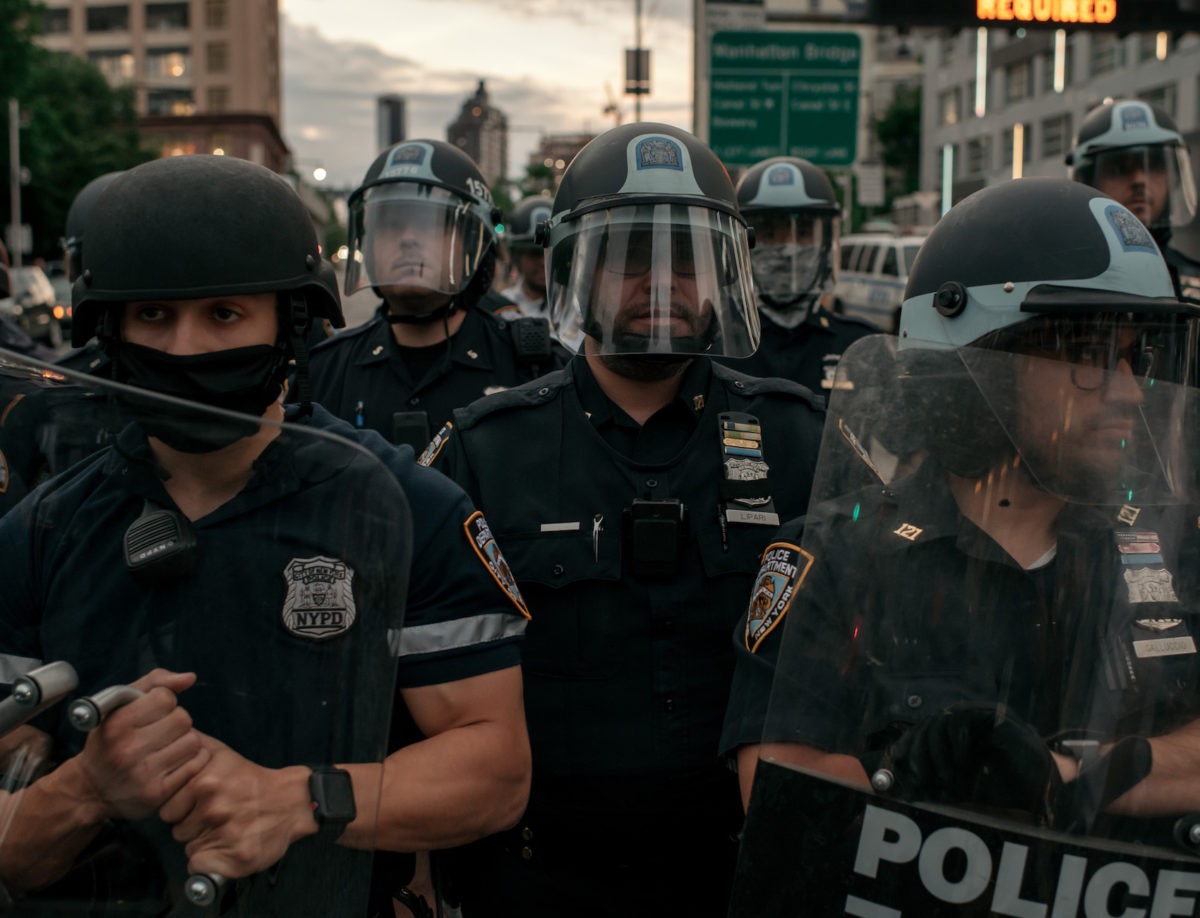
Memos obtained by The Appeal and anecdotes from public defenders reveal how, for a week during protests over police brutality, the NYPD stalled cases by directing officers not to testify in court.
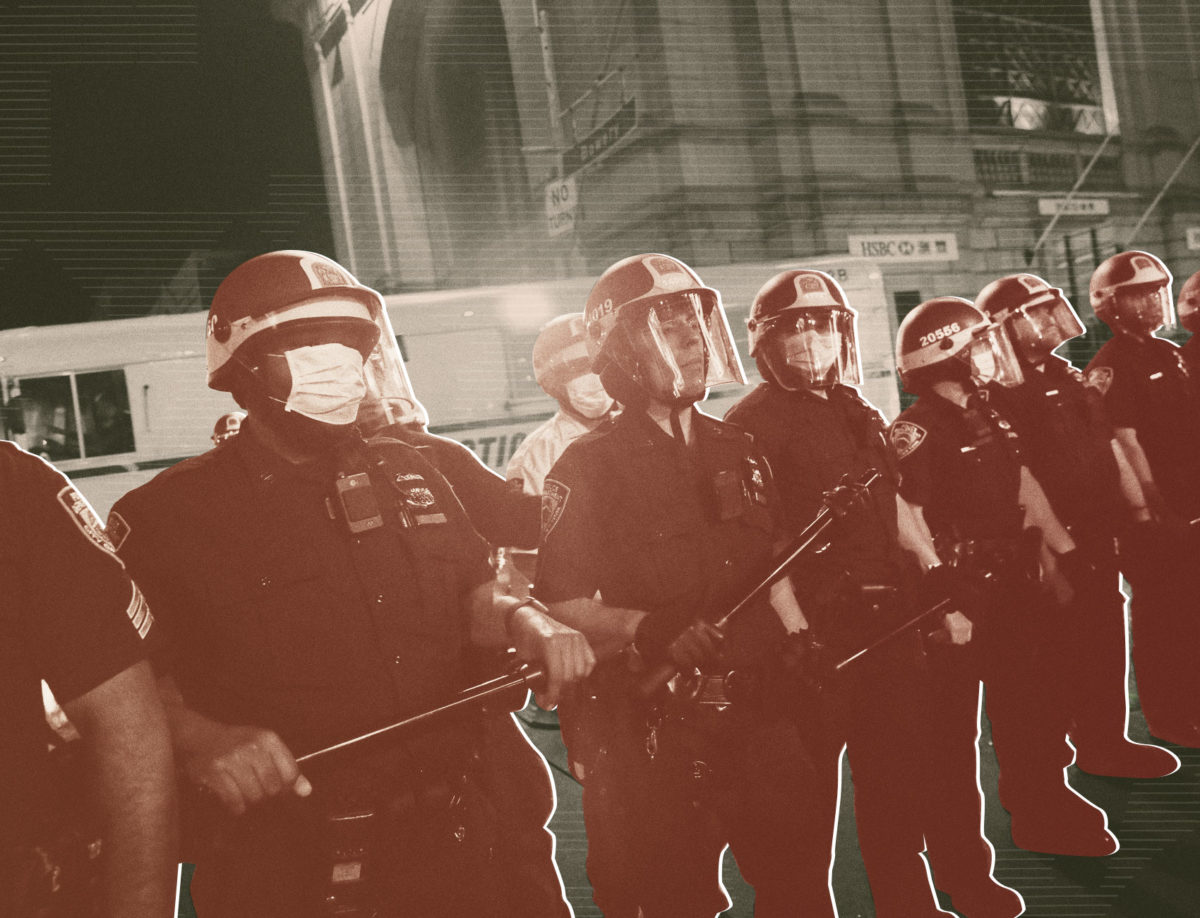
Essential workers say curfews put them at risk of police violence, even though they were exempt.
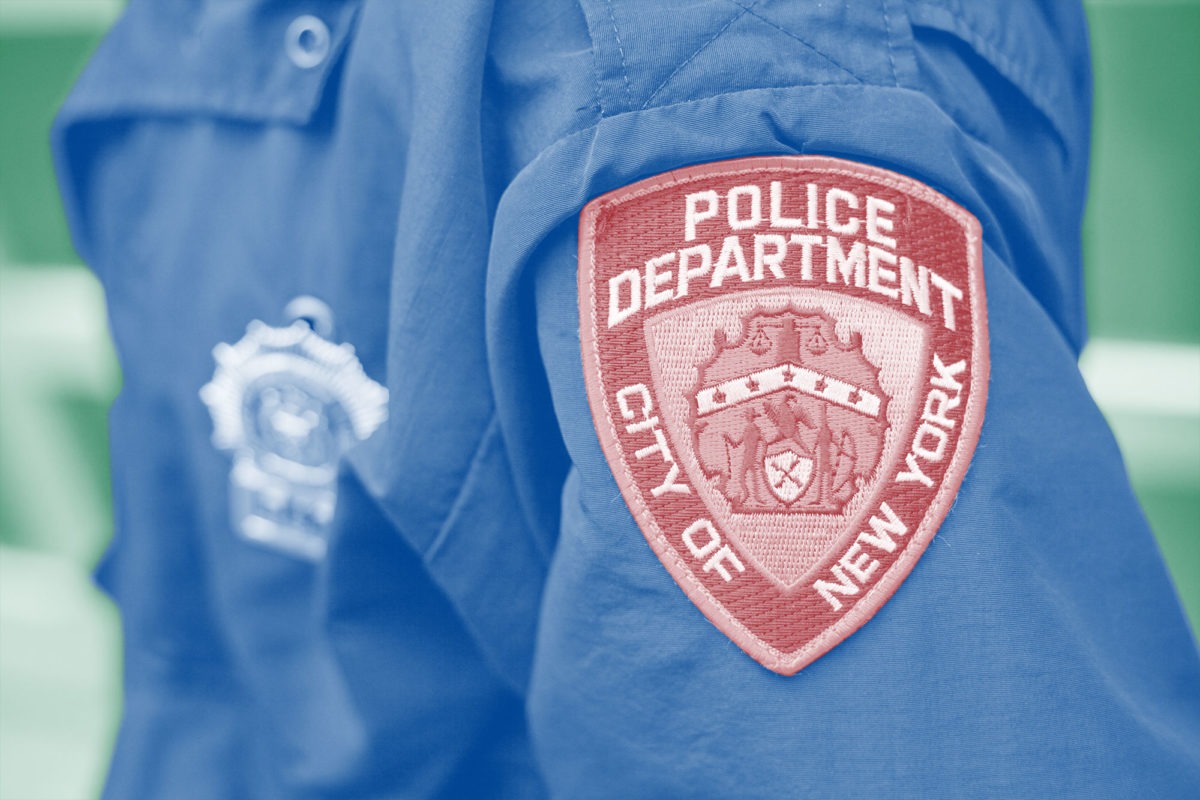
State Assembly members, senators, and city council members have said they will decline and donate funds from police and corrections officers as New Yorkers fill the streets to protest recent violence by law enforcement.
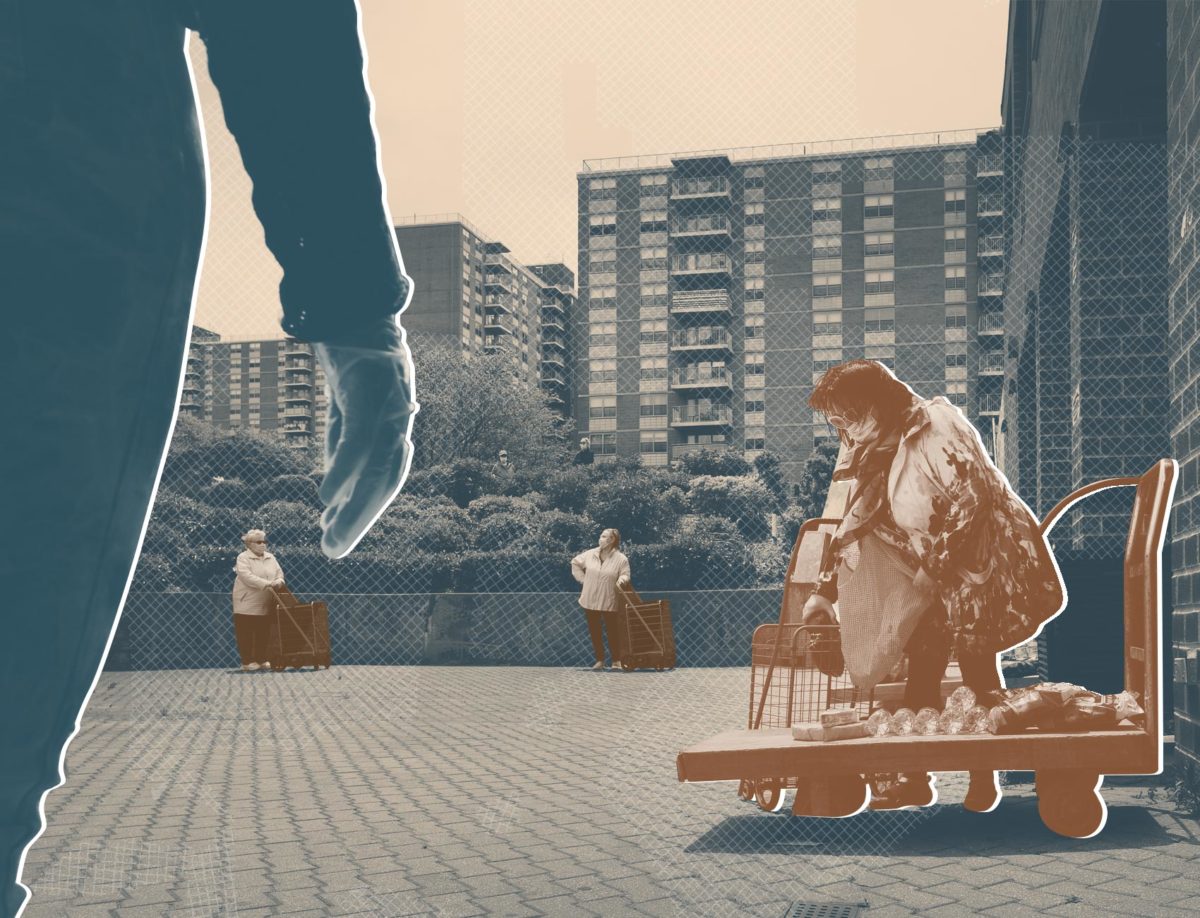
Many community development corporations assist not only tenants, but also a wider community of low-income people with a range of social services.
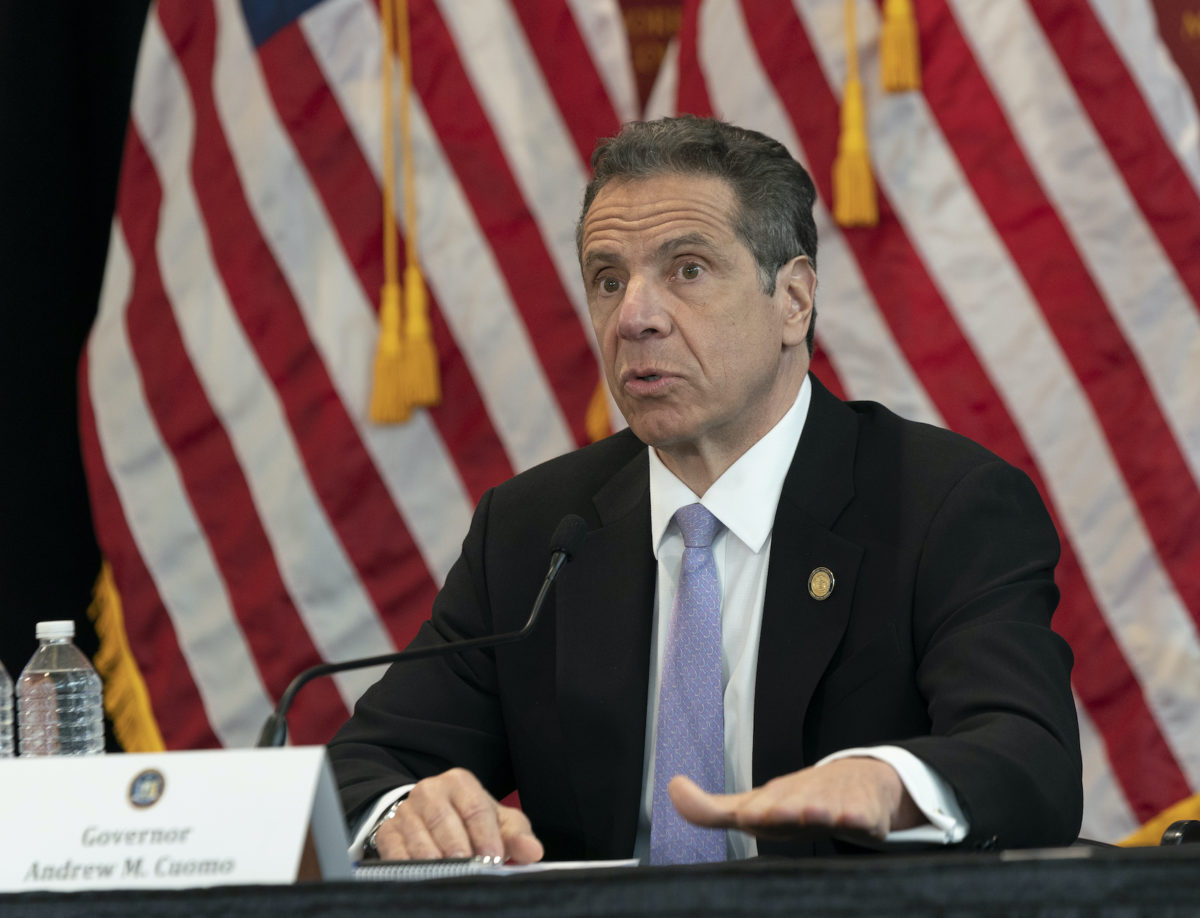
The governor’s requirements for release are too narrow in light of the threat from COVID-19, they say.
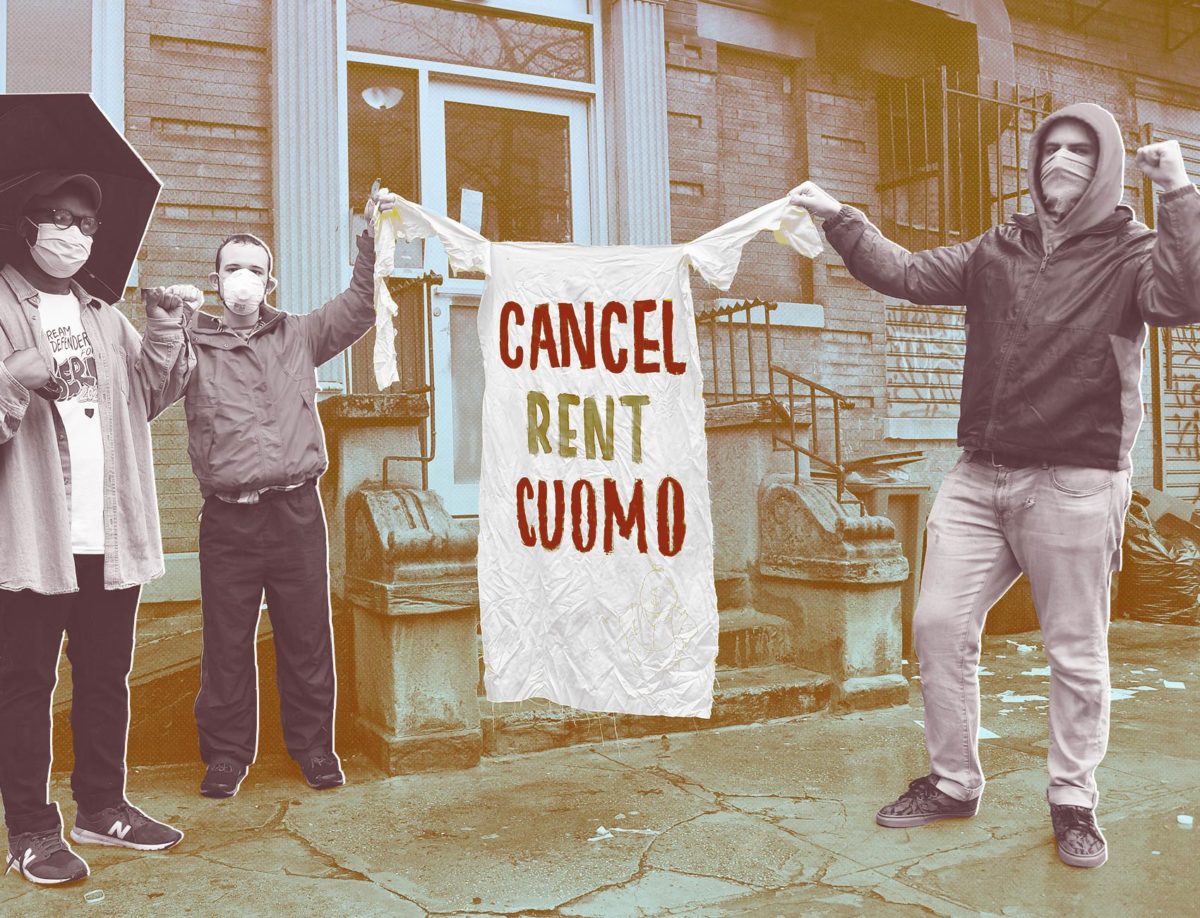
Some are striking because they can’t afford to pay the rent. Others are striking in protest against what they say is inhumane treatment.
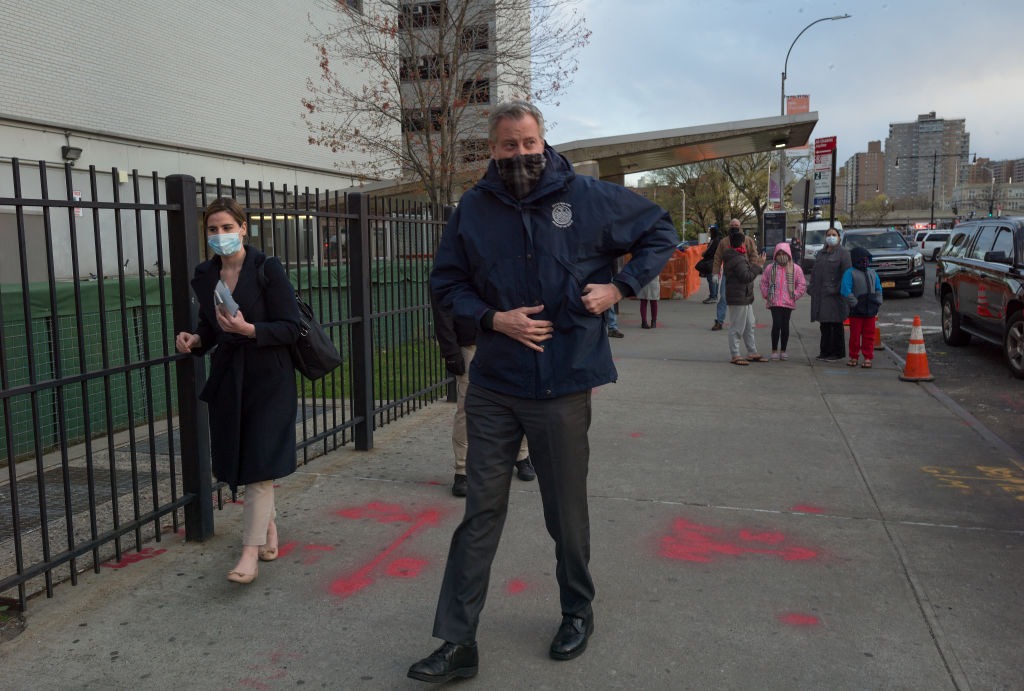
As COVID-19 spreads, Andrew Cuomo and Bill de Blasio are slashing budgets, but leaving funding for police and prisons largely untouched.
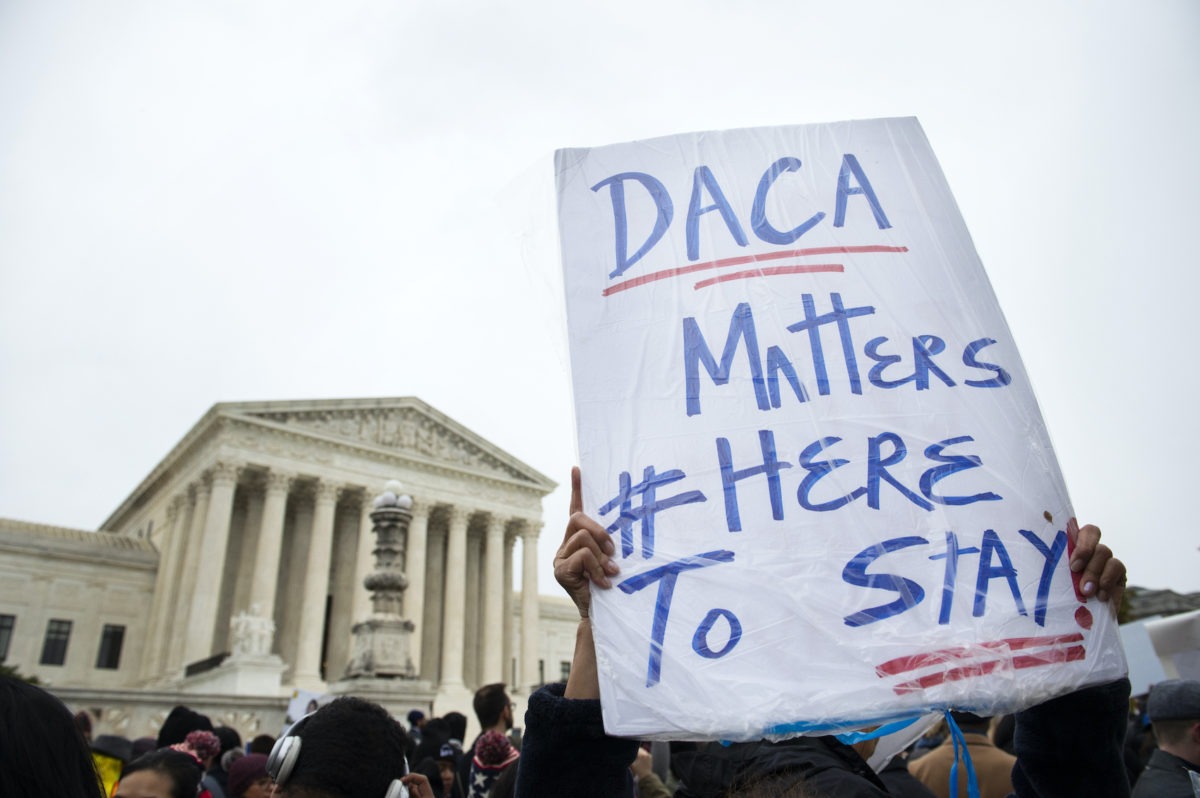
The Supreme Court will soon decide the fate of 650,000 so-called Dreamers across the country. Lawyers say terminating protections for them during a pandemic would be ‘catastrophic.’
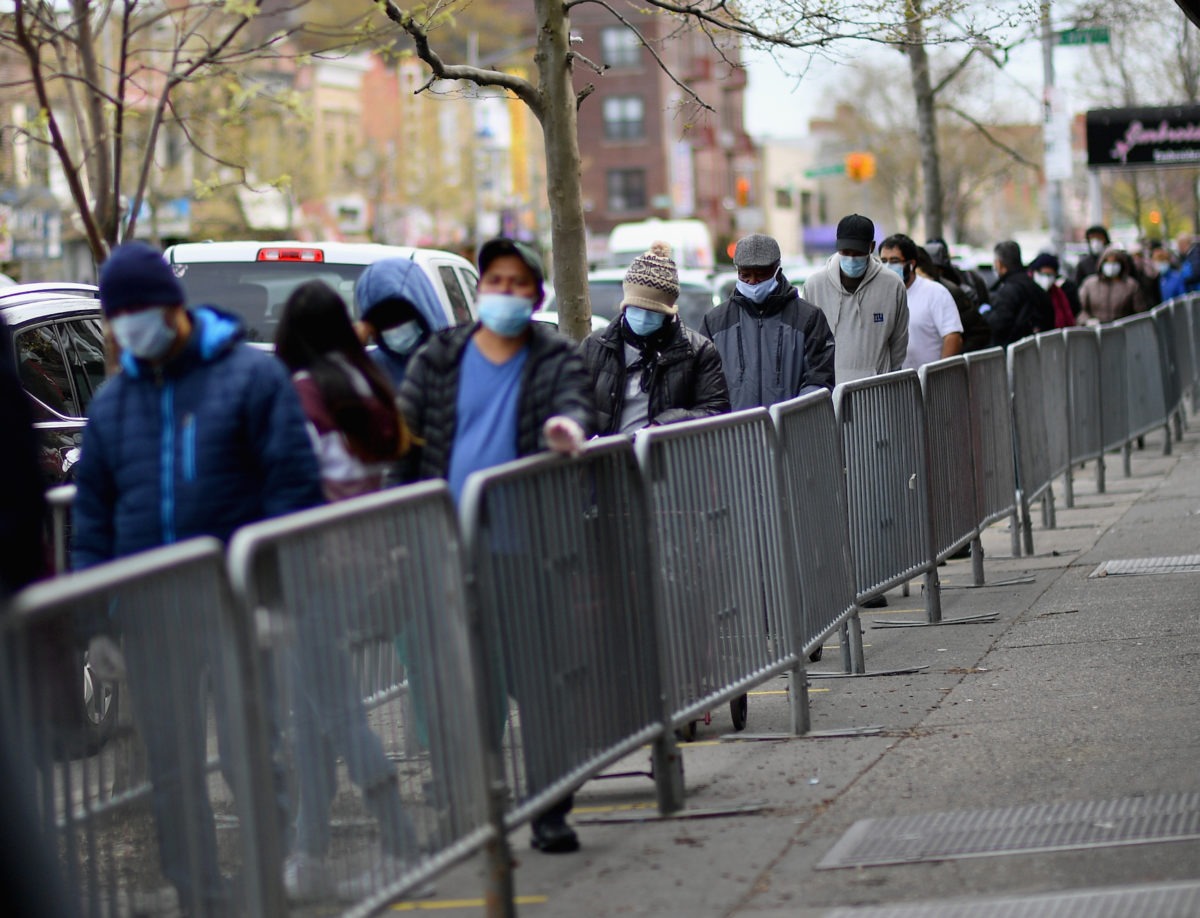
The city has created the structural conditions that have engendered disproportionately high rates of infection and death among its Black and Latinx residents.
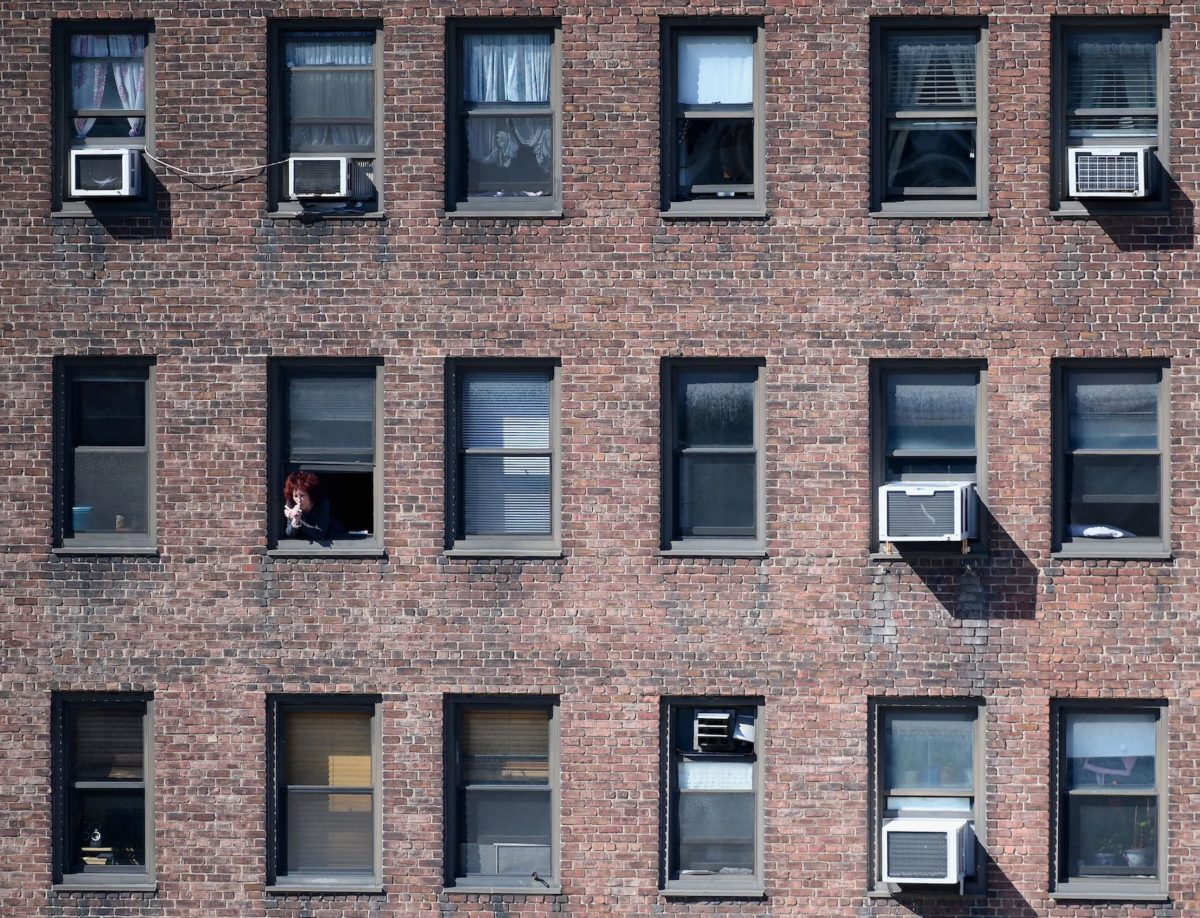
Their proposals move beyond Governor Andrew Cuomo’s 90-day eviction moratorium and call for suspending or forgiving rent payments longer term.
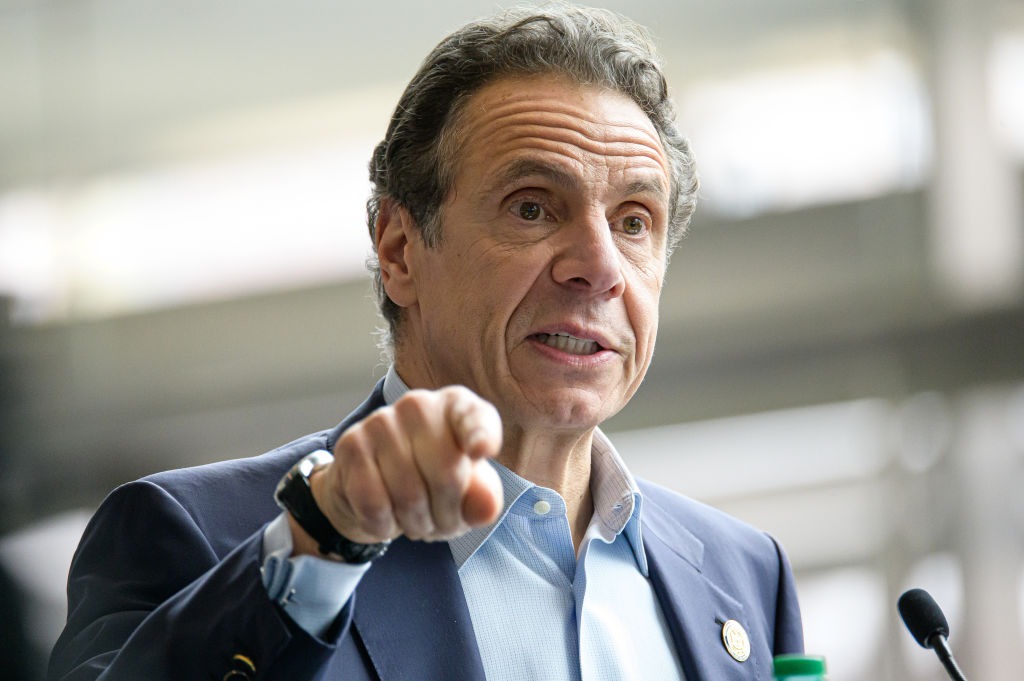
Local budget cuts enacted a decade ago left states and cities dangerously unprepared for COVID-19. We shouldn’t make those same mistakes again.
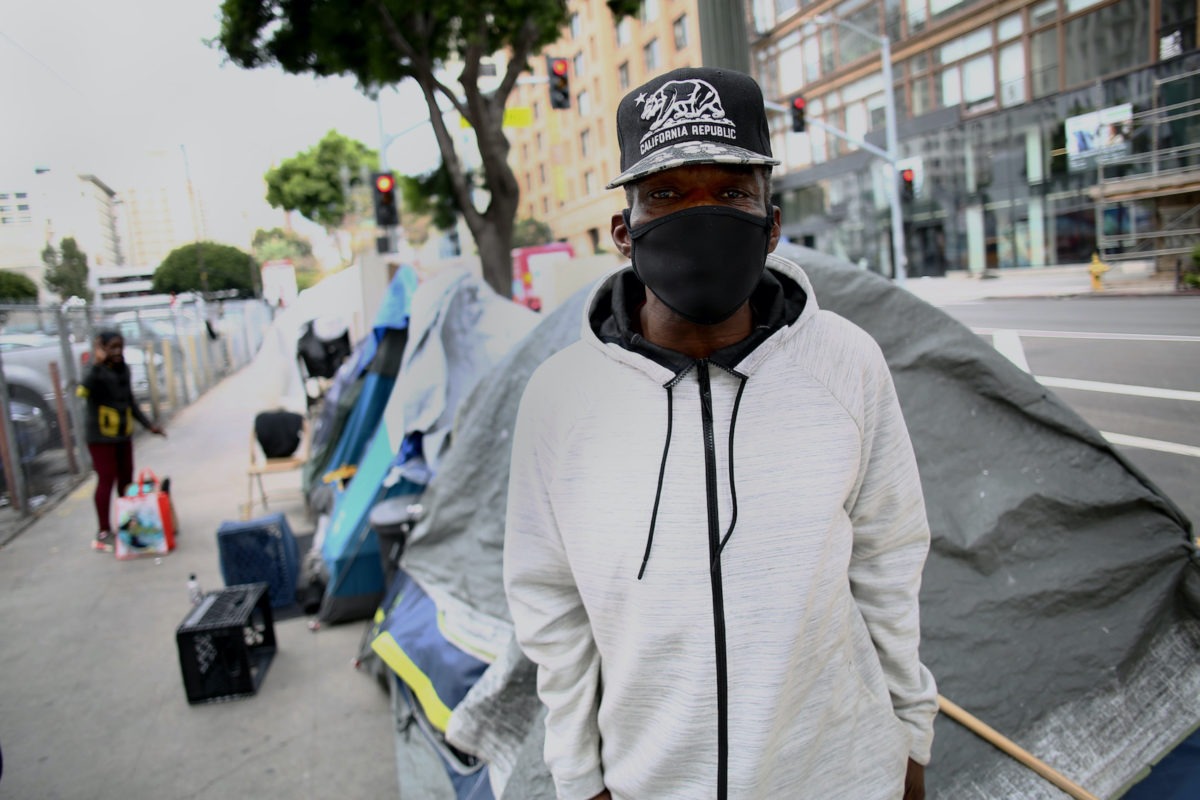
Taking emergency measures to protect homeless people from the pandemic is simply common sense.
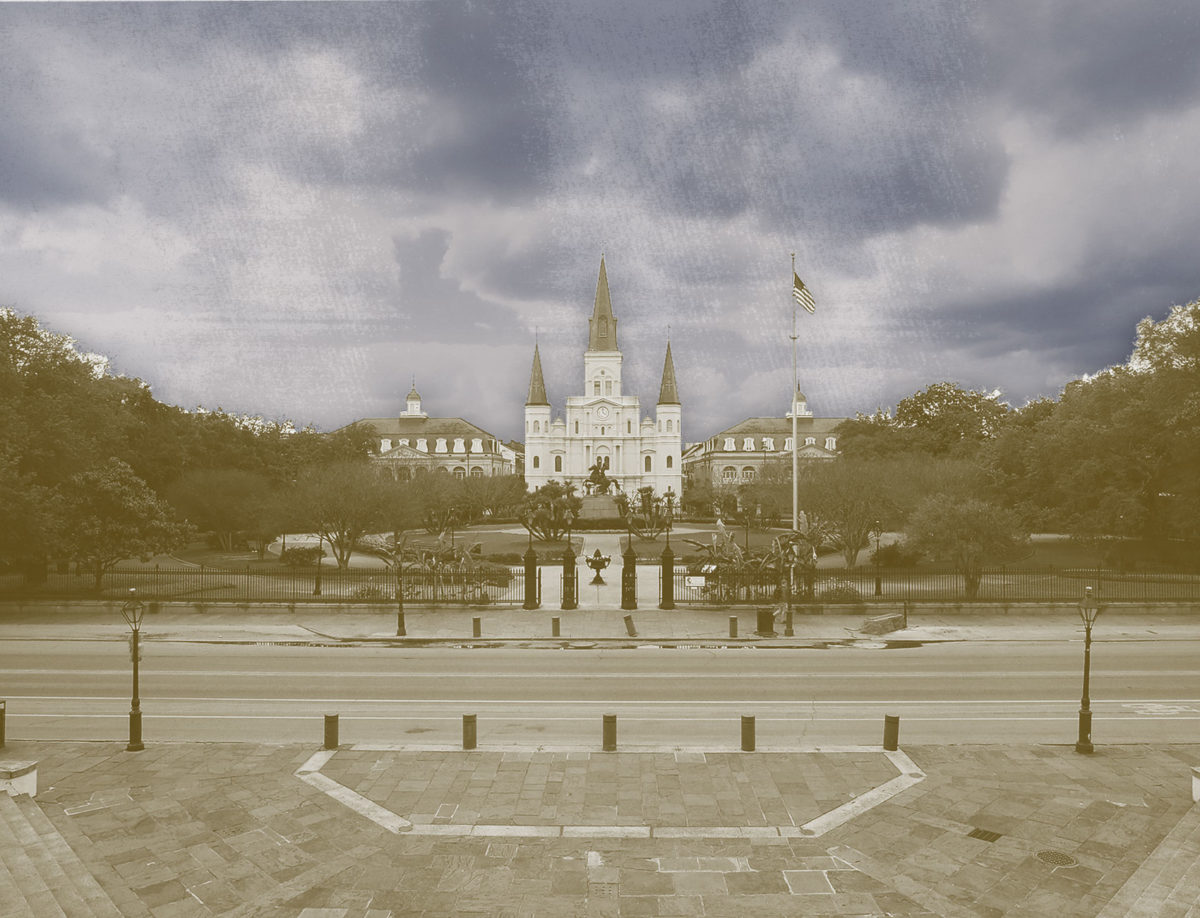
Powerful interests exploited Katrina to enrich themselves and transform the city. As a reporter who covered the fallout explains, our government’s lax oversight means the same could happen now, leaving those who most need help behind.
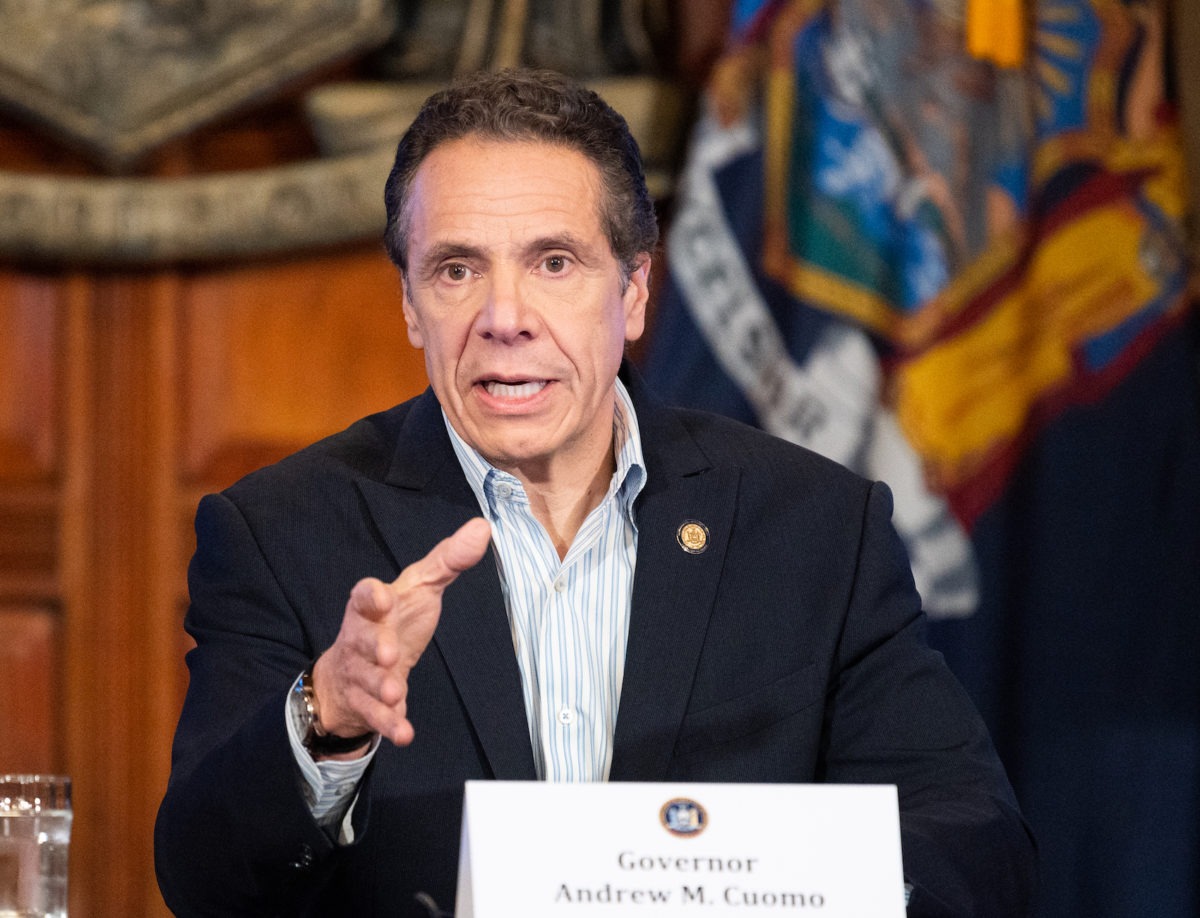
The state, which accounts for roughly one-third of all positive COVID-19 cases in the country, is facing a rapid spread of the disease in its jail and prison systems.
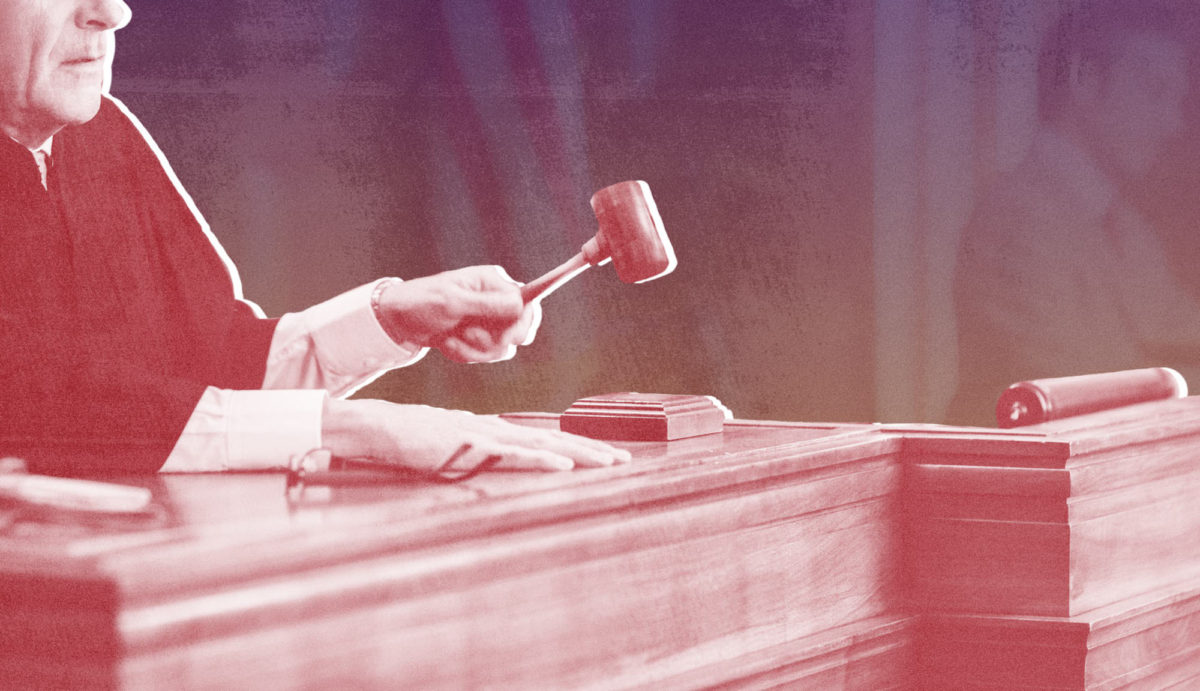
Lawyers, judges, and advocates for migrant children wonder what it will take to close all 69 immigration courts. ‘I hope that it won’t take a death, but I worry that it will,’ one lawyer said.
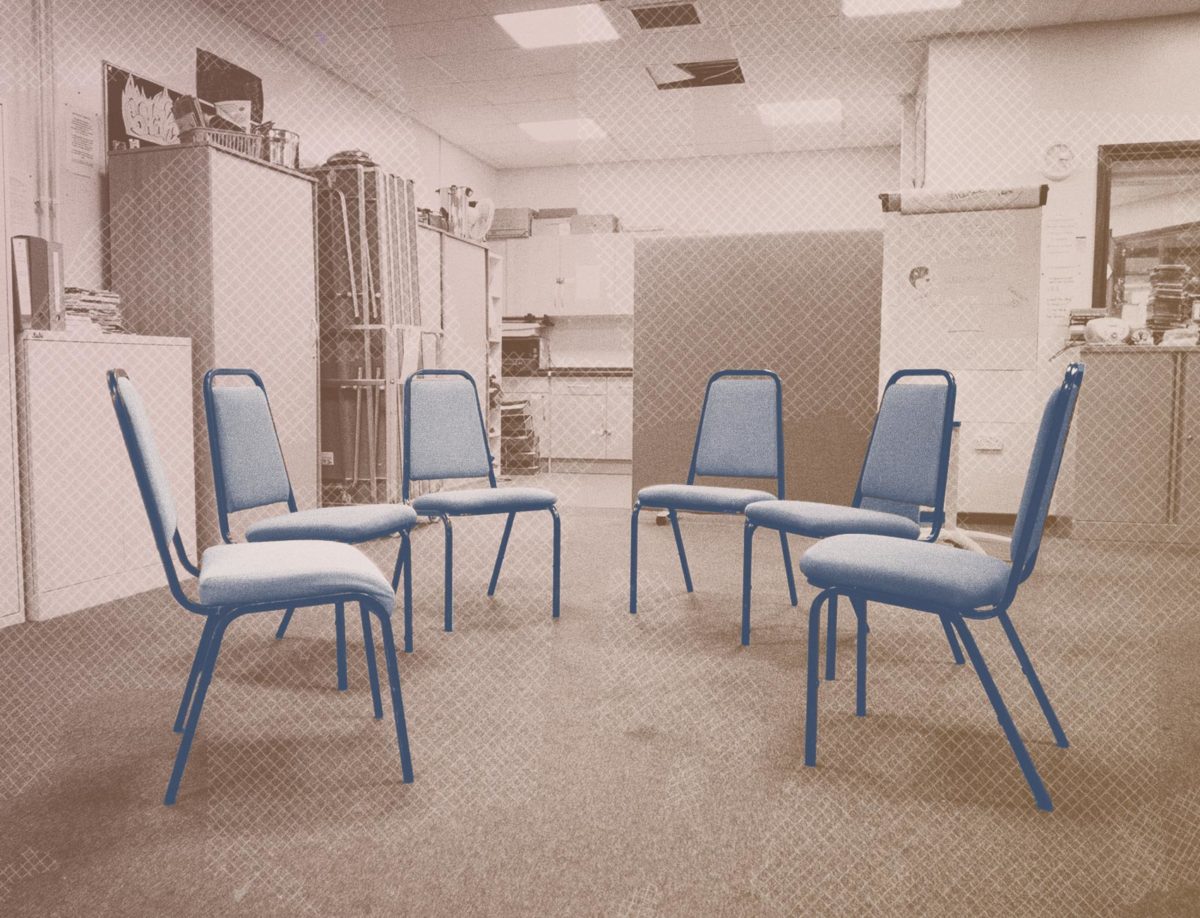
Many programs for people on parole, probation, or supervision take place in group settings—the exact opposite of what public health officials are recommending in order to stop the spread of COVID-19.
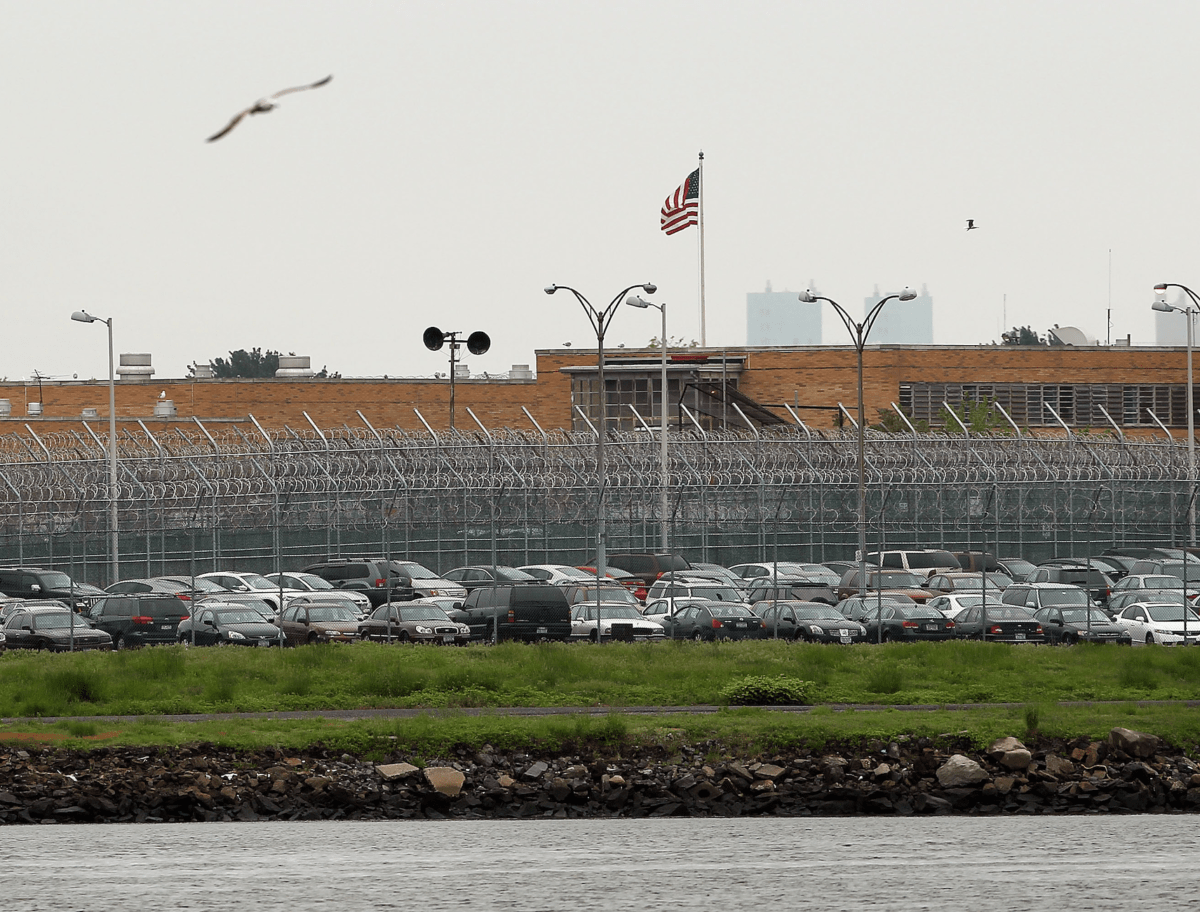
“Based on this analysis, New York City jails have become the epicenter of COVID-19,” a Legal Aid attorney said.
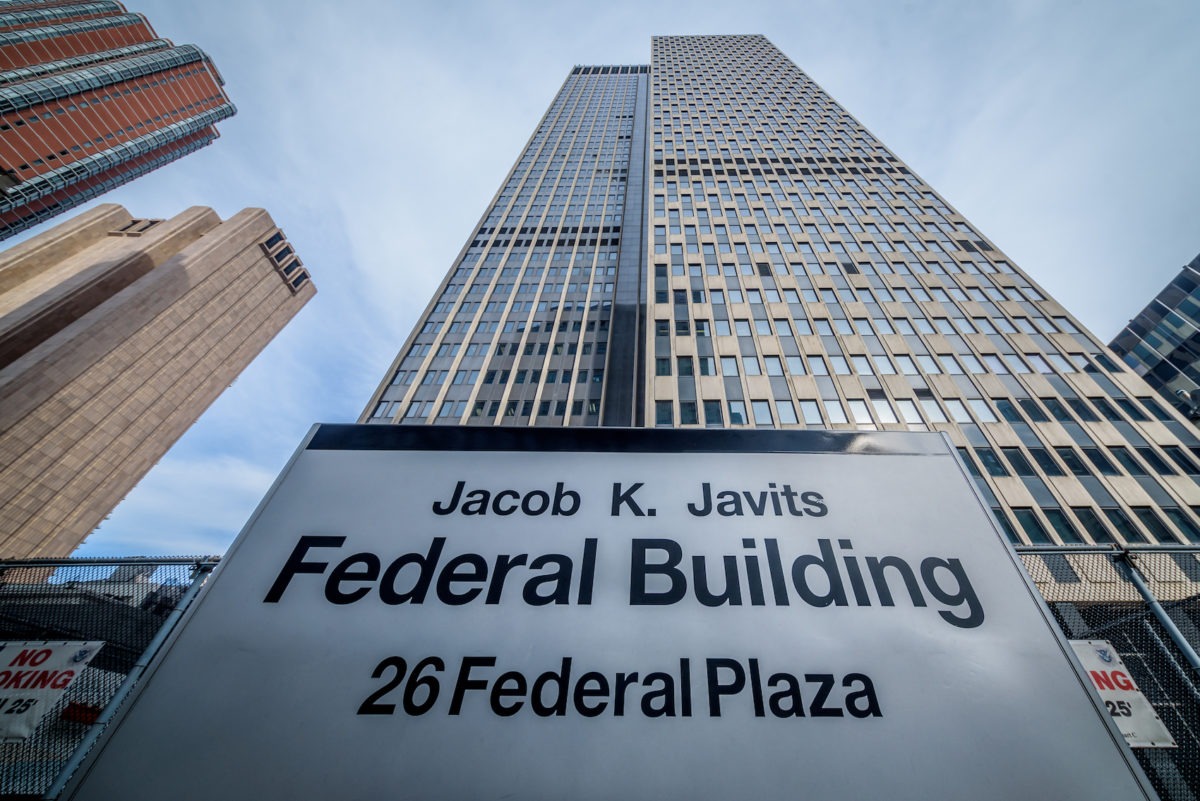
The Trump administration’s hardline immigration policies are intersecting with a highly contagious disease at a time when cities across the country are shutting down.
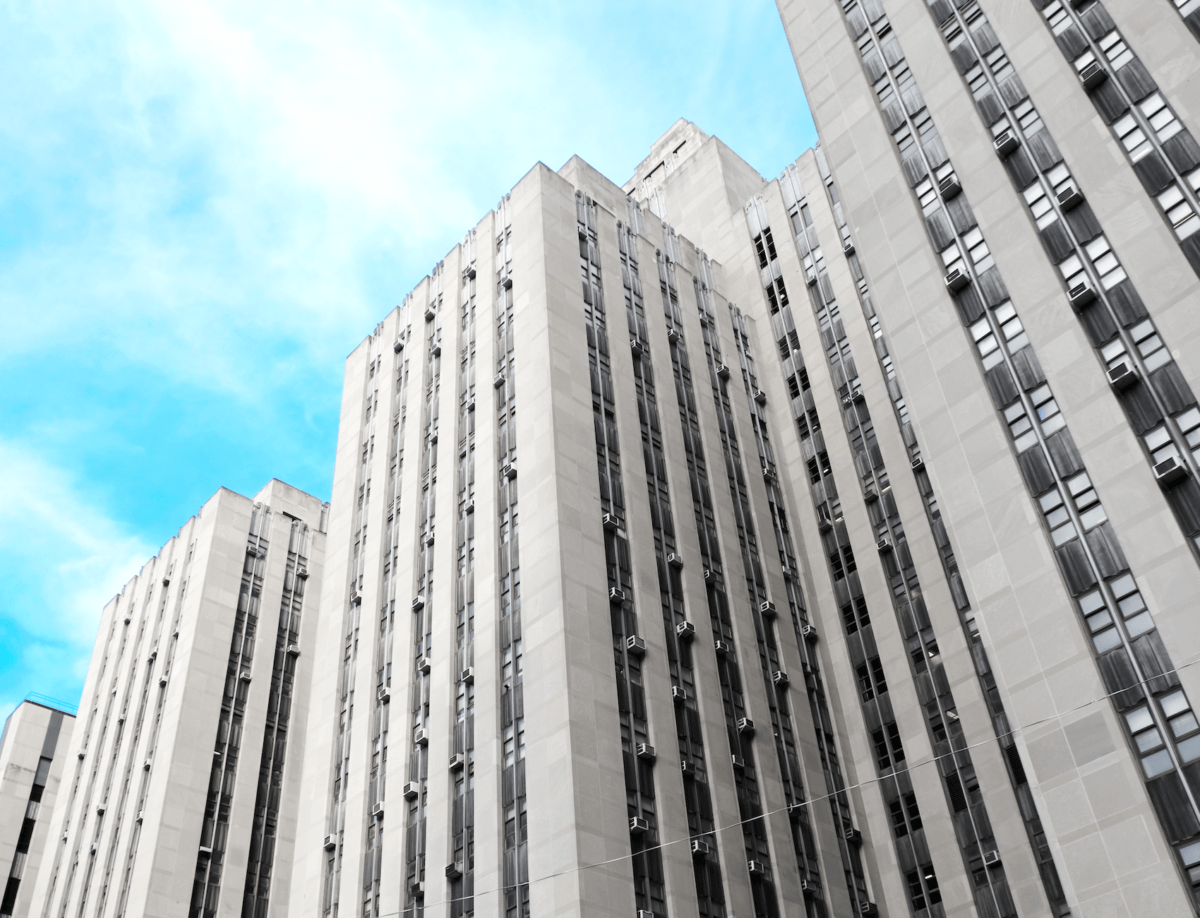
While those facing charges appear by video at arraignments, all others—attorneys, officers, the judge—are in the courtroom in close quarters, defense attorneys say.
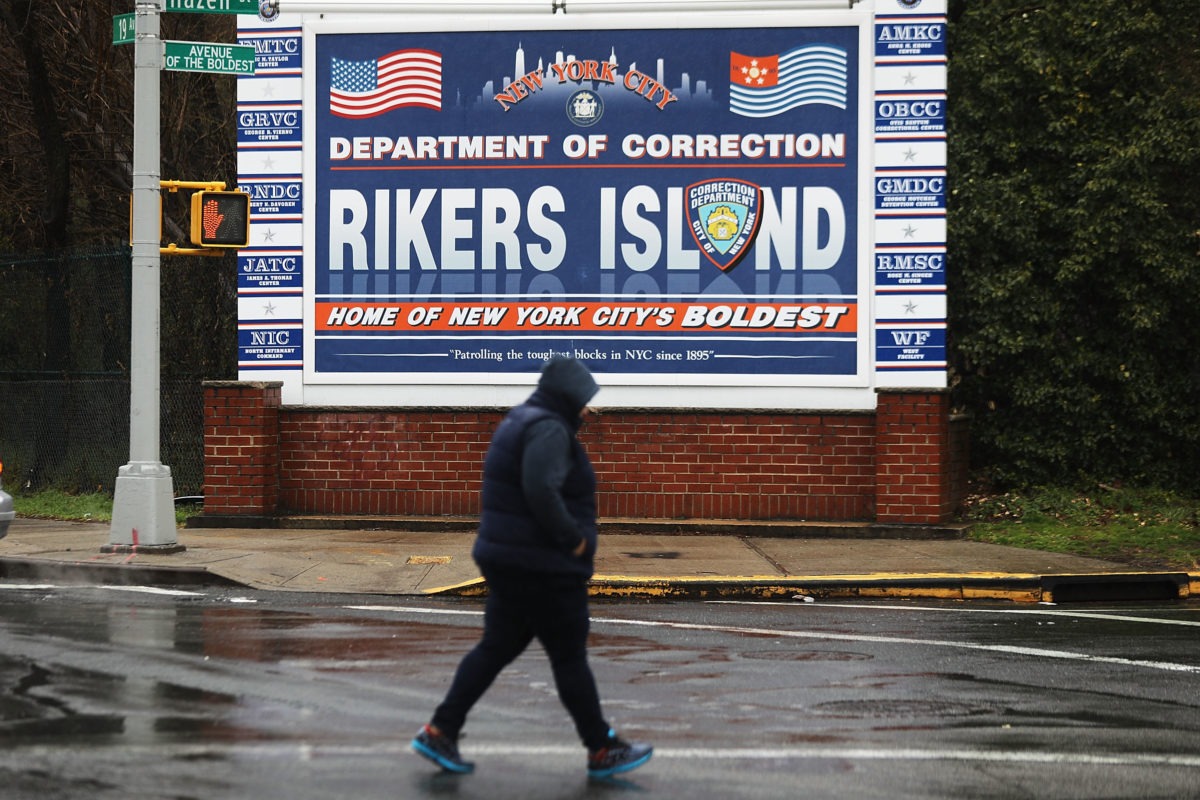
Late Wednesday, the chief physician at the Rikers jail complex said on Twitter that judges and prosecutors must not leave New York City’s jailed population ‘in harm’s way.’
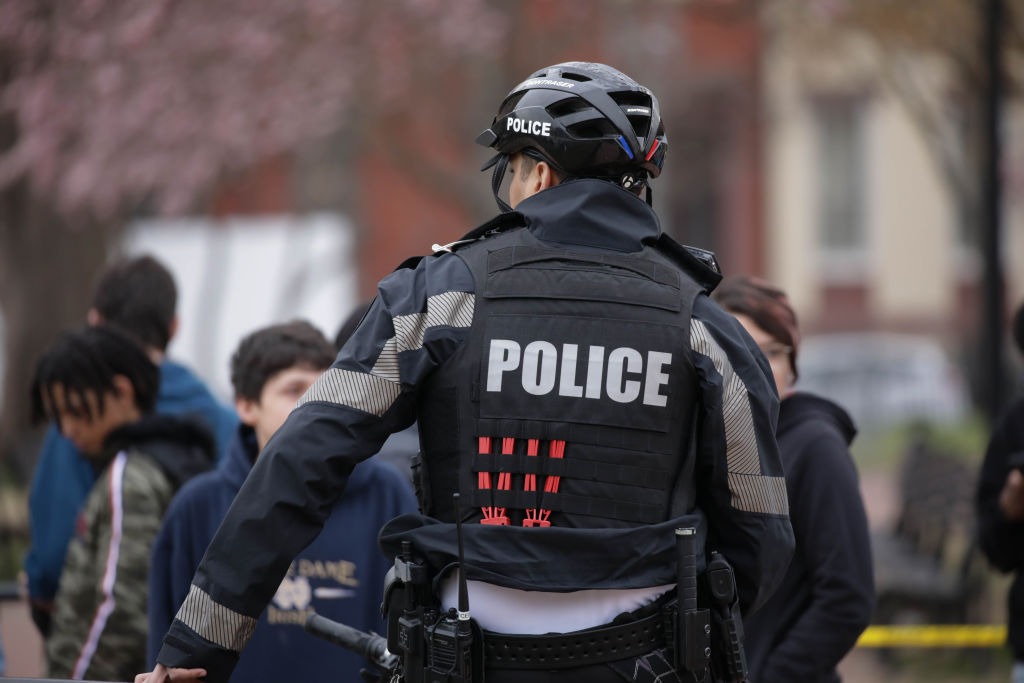
The Metropolitan Police Department has discussed reducing arrests, but it has not formally announced any policy changes.
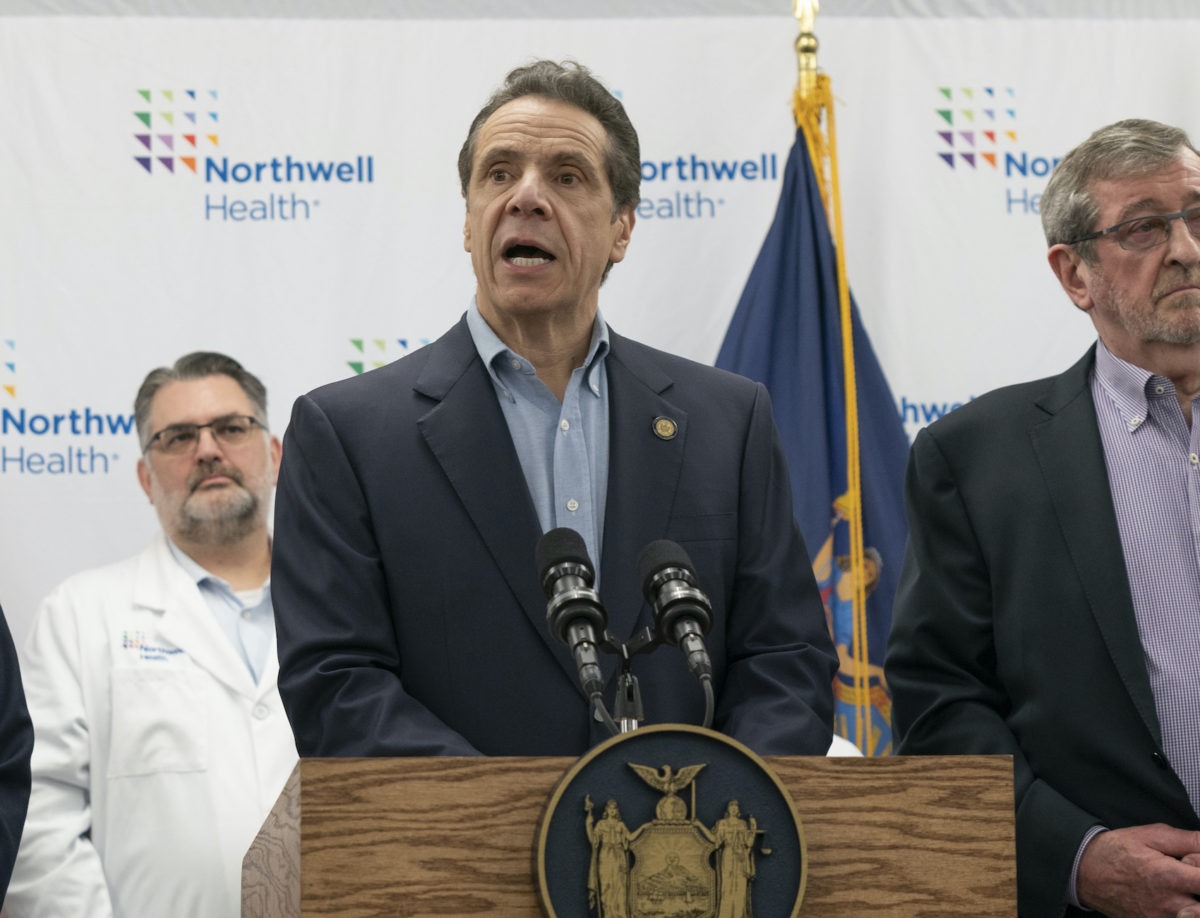
Andrew Cuomo, who recently announced the state would employ prisoners to make hand sanitizer, must prepare for the particular vulnerabilities of the state’s prison population to COVID-19, advocates say.
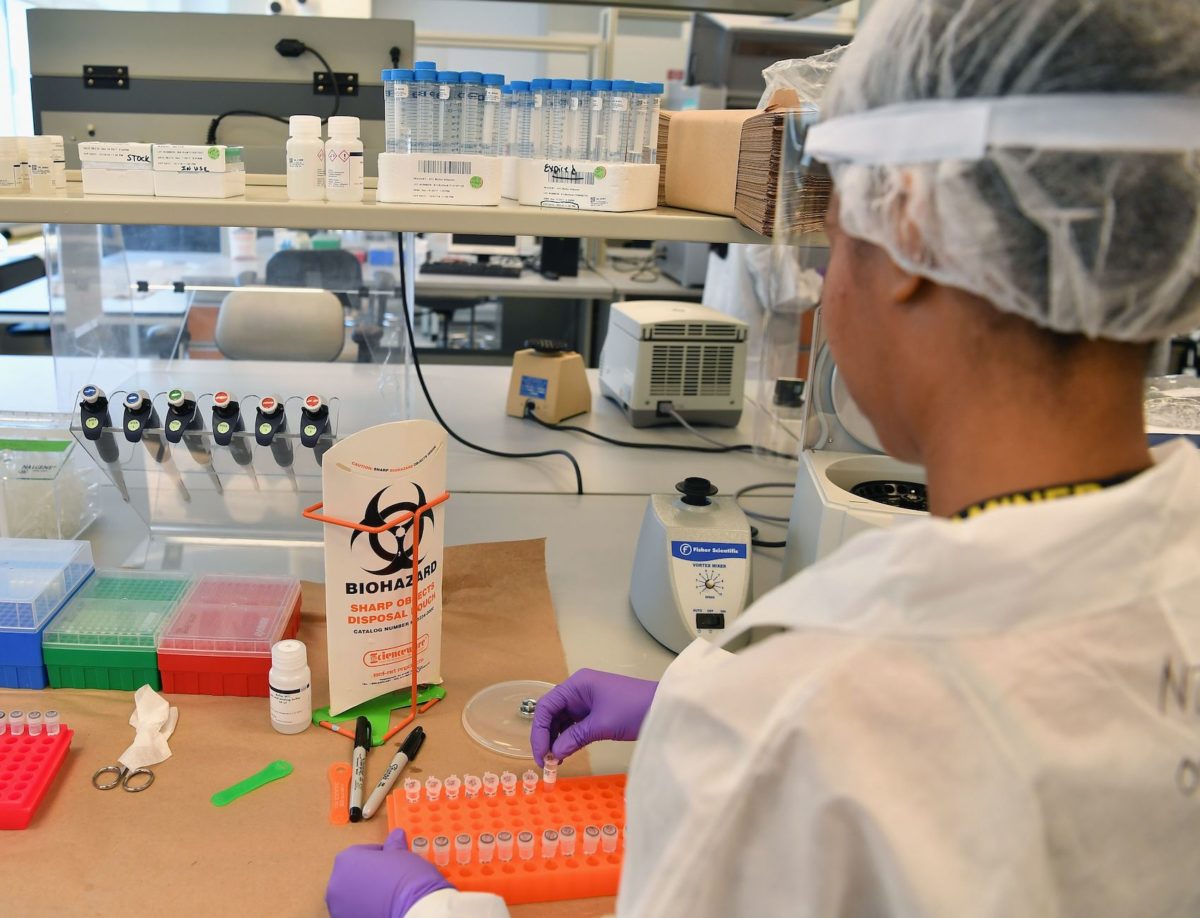
At least one error led to a wrongful arrest, according to a Freedom of Information Law request, underscoring the need for better oversight of the Office of Chief Medical Examiner, advocates say.
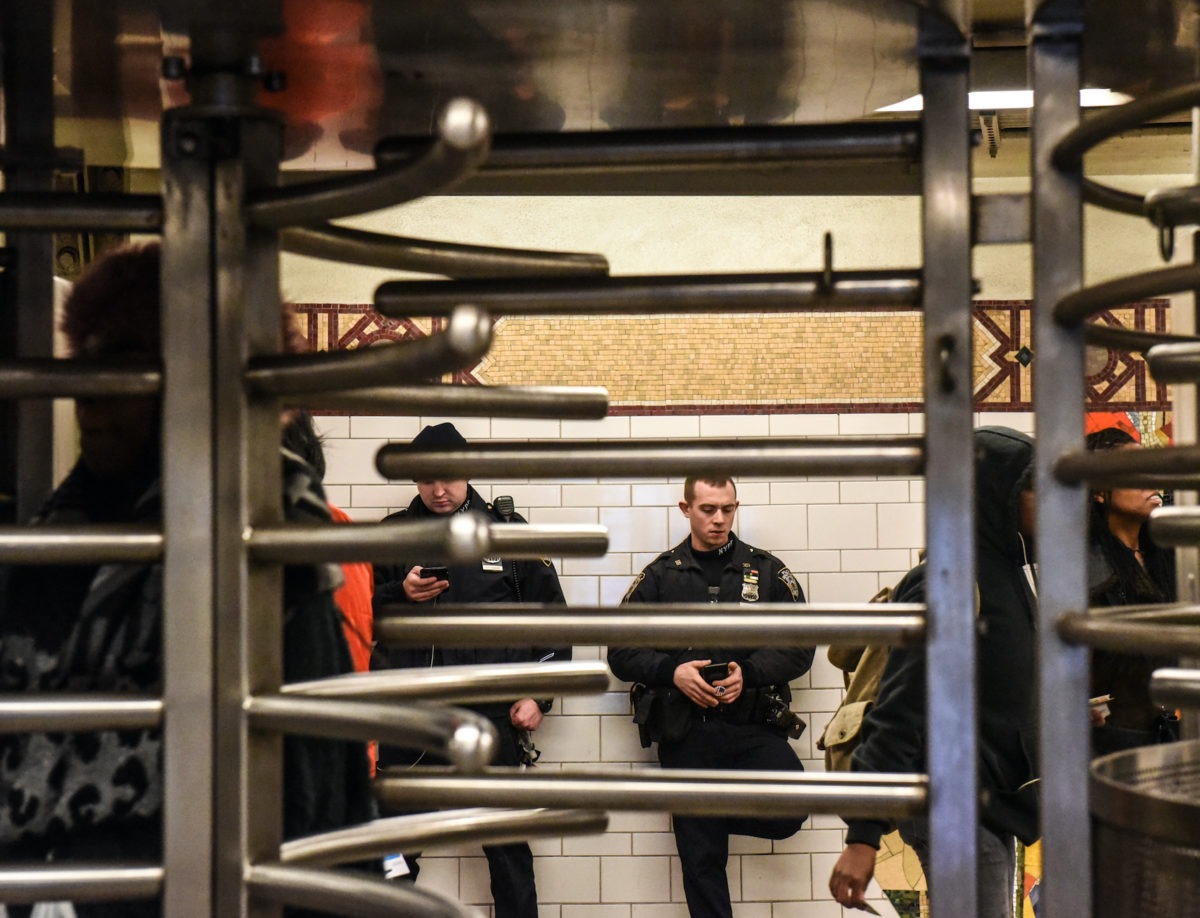
Spotlights like this one provide original commentary and analysis on pressing criminal justice issues of the day. You can read them each day in our newsletter, The Daily Appeal. This month, New York Governor Andrew Cuomo announced a plan to curb public lewdness, groping, and other unwanted touching on New York City’s public transit: a three-year […]
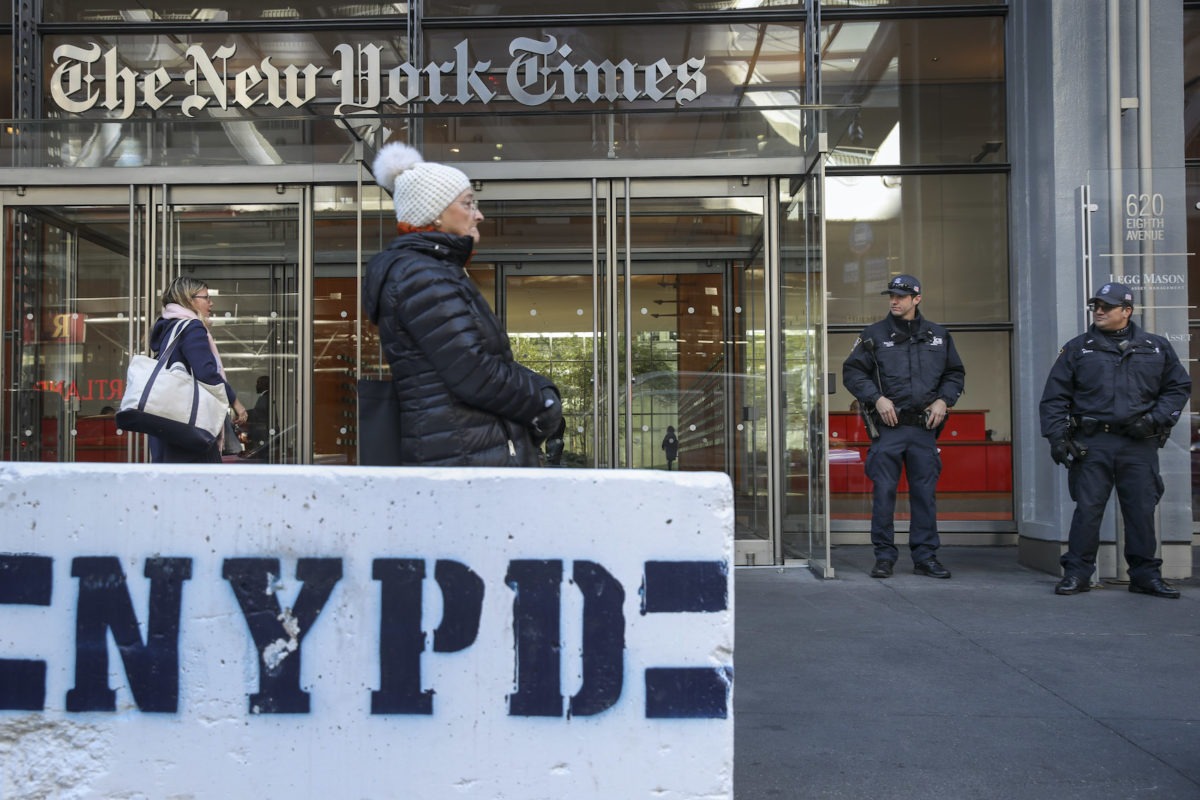
In two articles, the Times asserts a ‘spike’ in crime since the passage of bail reform in New York, an increase that the articles themselves note they can’t prove.
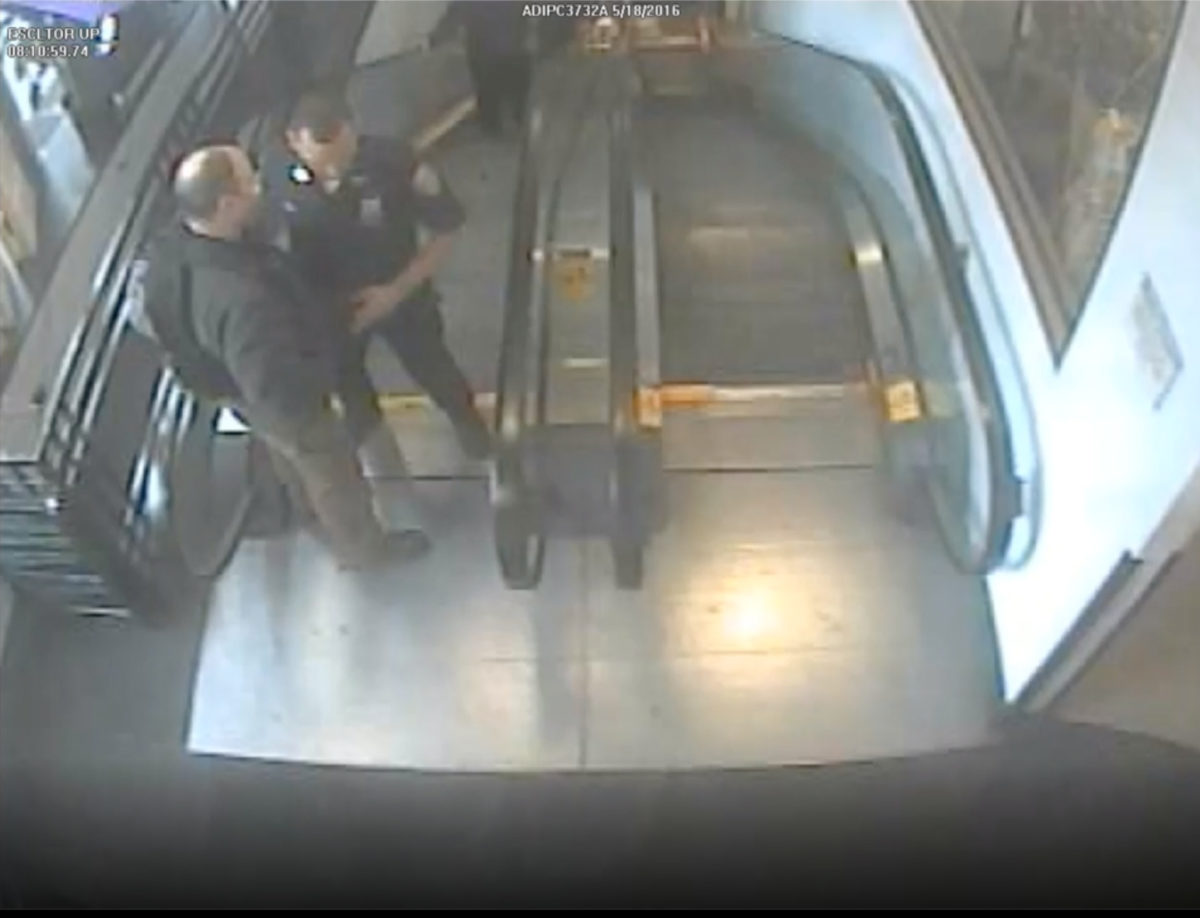
A civil suit claims that an officer who shot a 46-year-old stagehand in Midtown Manhattan should have de-escalated the encounter.
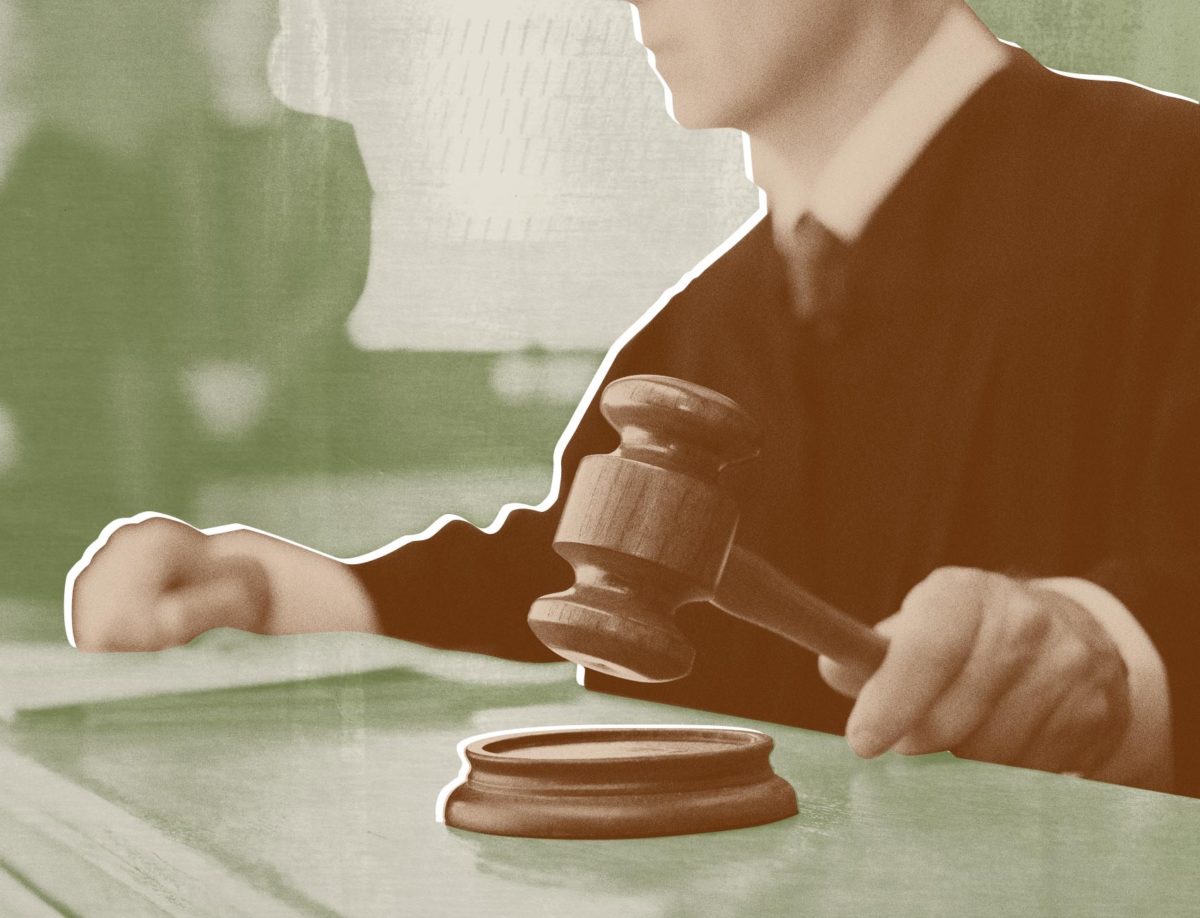
Despite dire-sounding headlines, the state’s cash bail reforms are having a positive impact on the people they are meant to help.
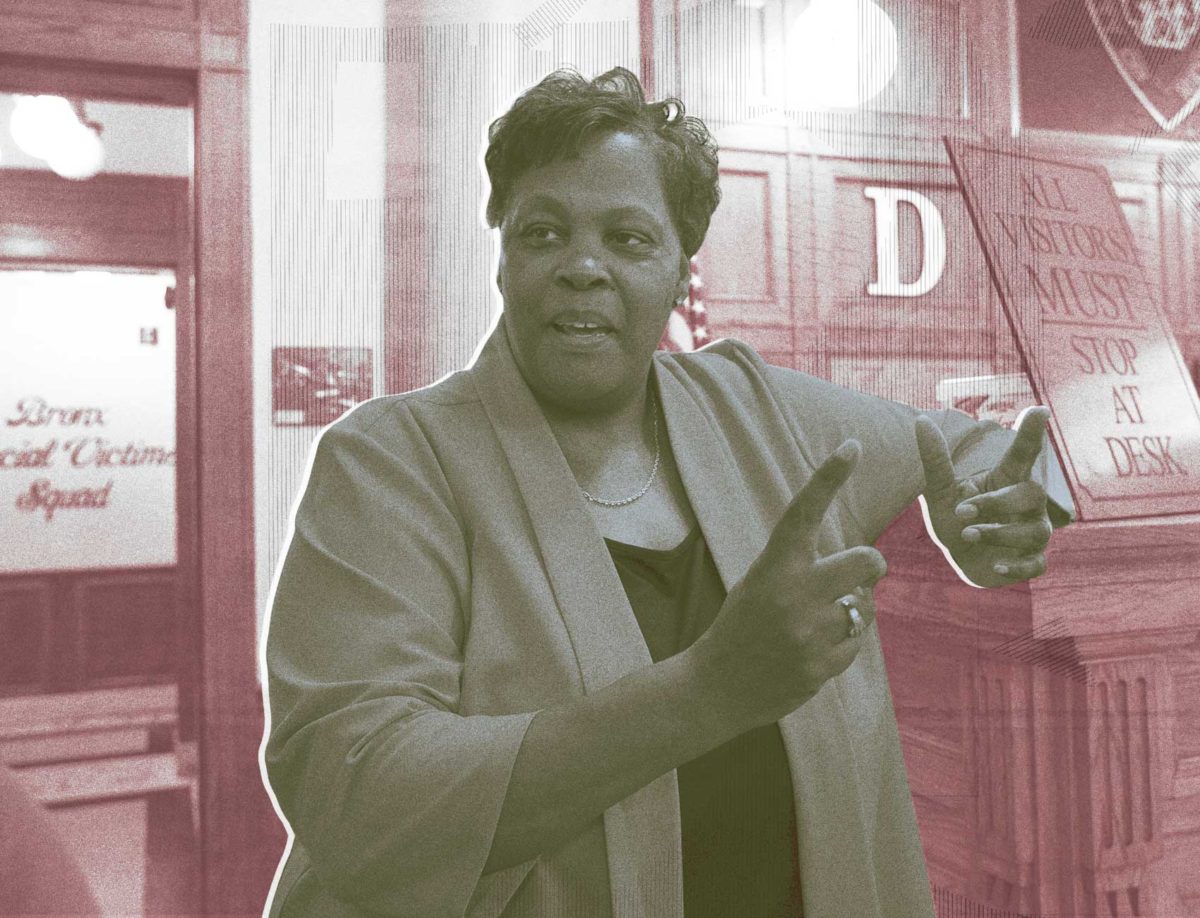
Logbooks were seized as part of an inquiry into misconduct allegations against high-ranking officers in the division that investigates sex crimes.
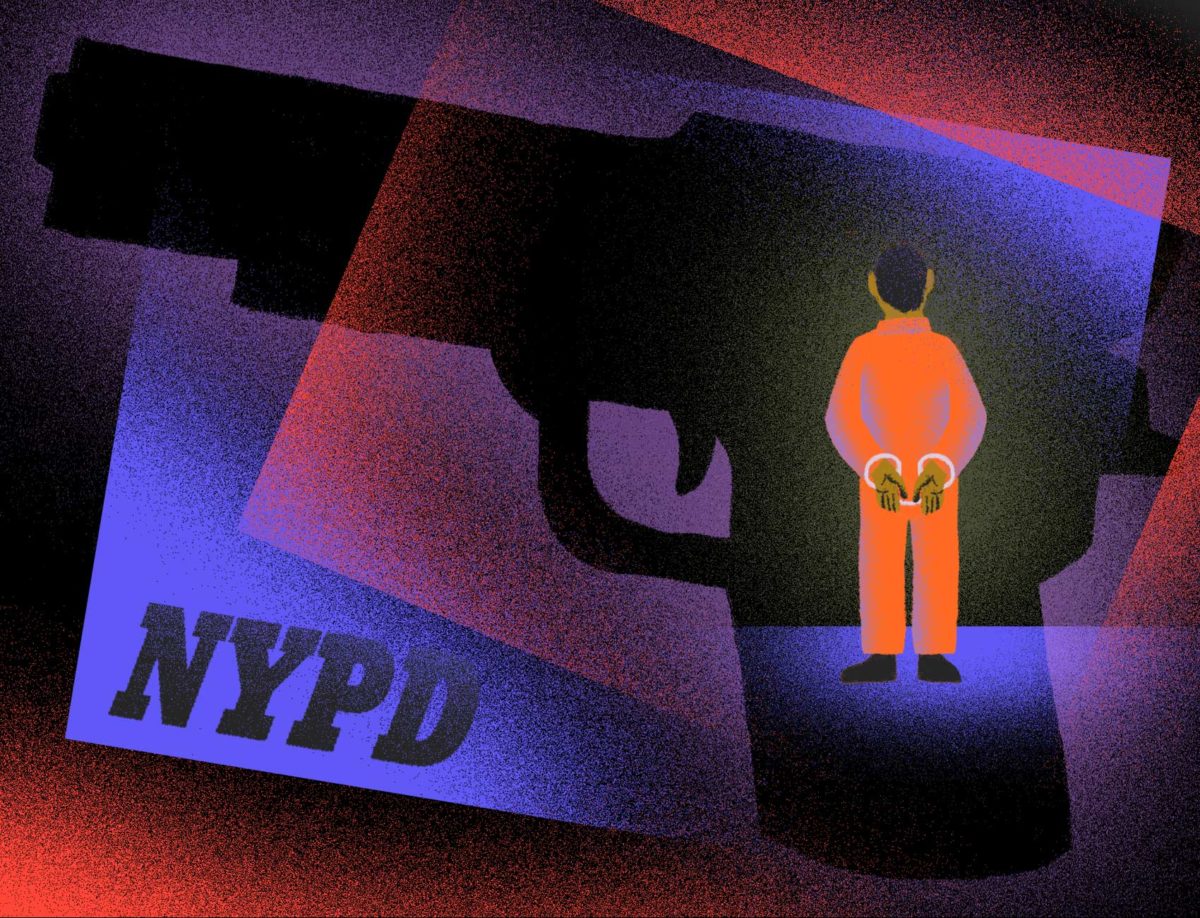
Misconduct complaints against officers in the NYPD’s 34th Precinct have risen for three years straight. In 2018, 15 officers had complaints against them substantiated, the most of any precinct in New York City.
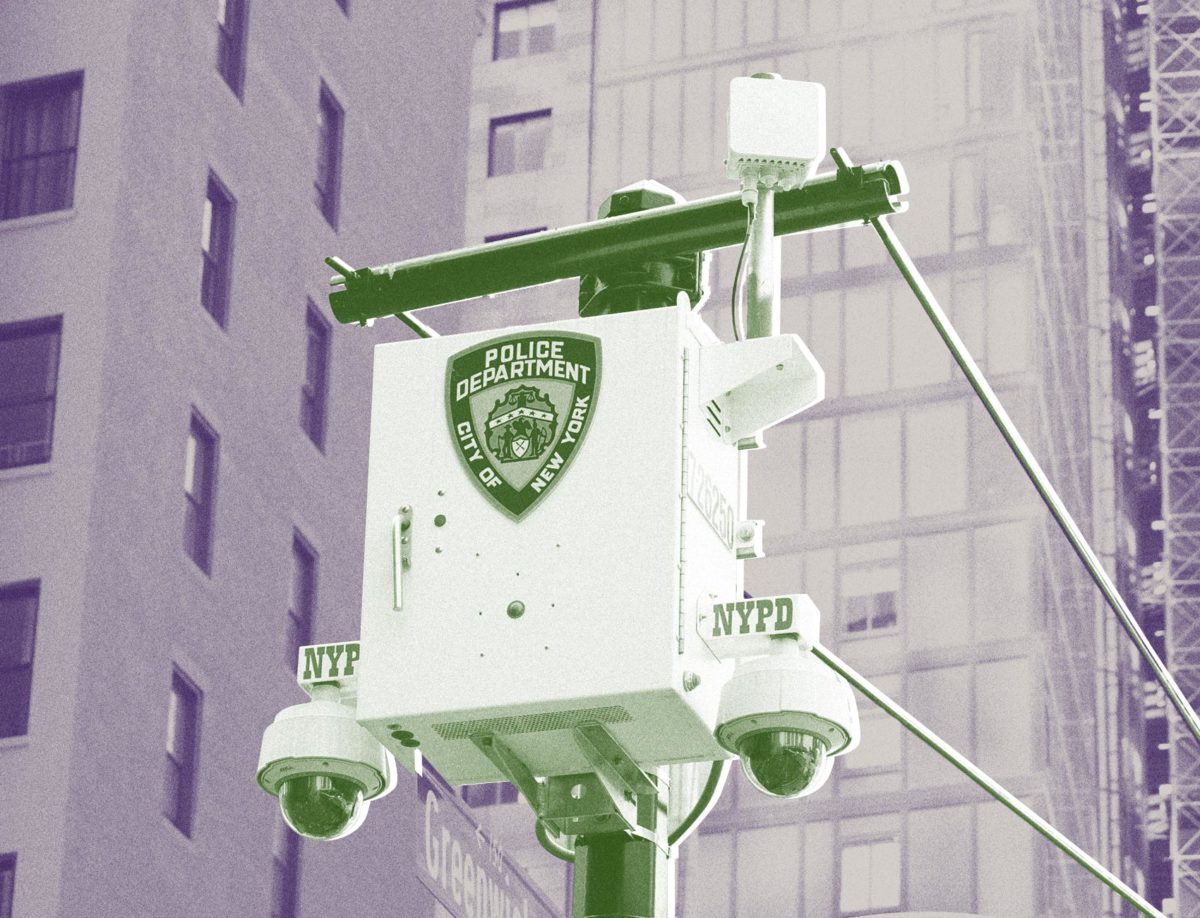
A City Council Committee considers a bill on NYPD surveillance today.
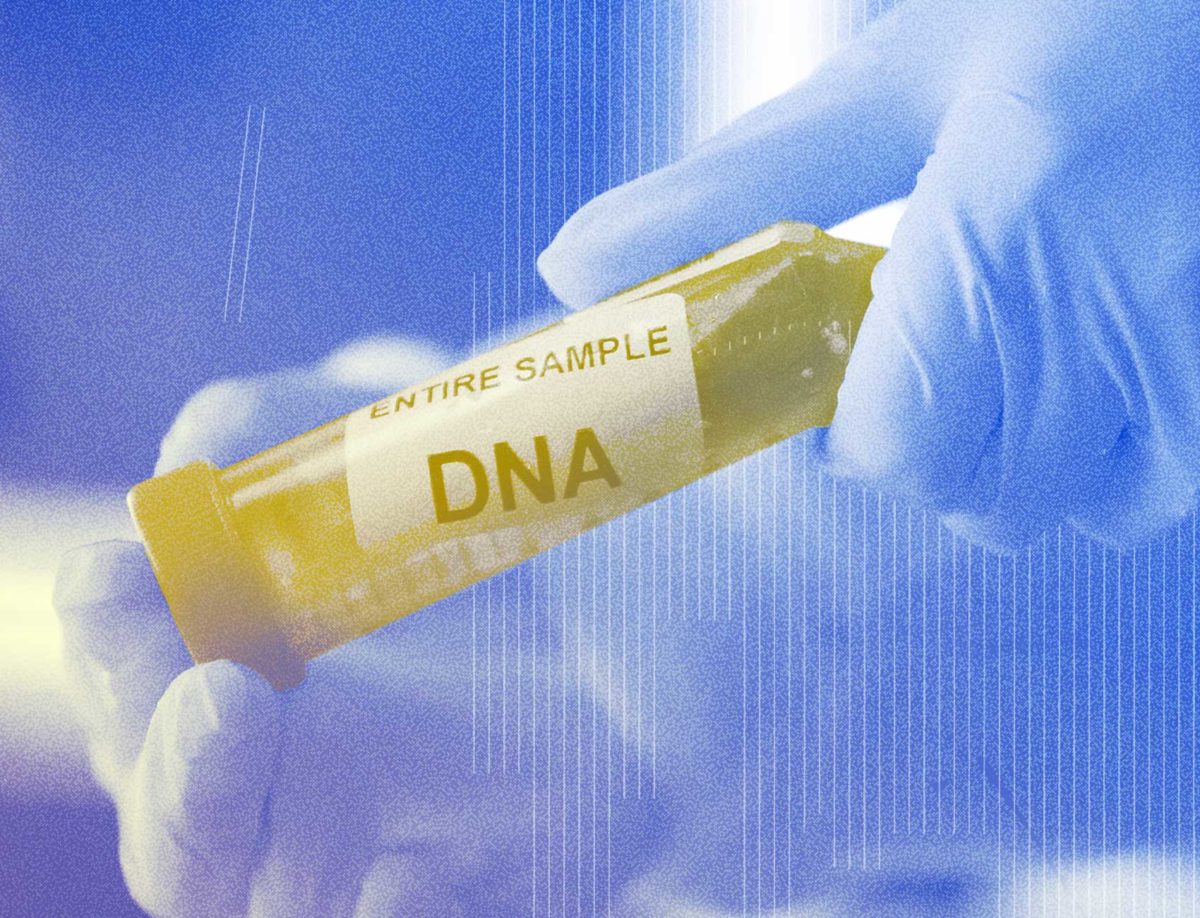
Advocates say the removals are more evidence of a troubling and unregulated law enforcement tool, overseen by the city’s Office of the Chief Medical Examiner.
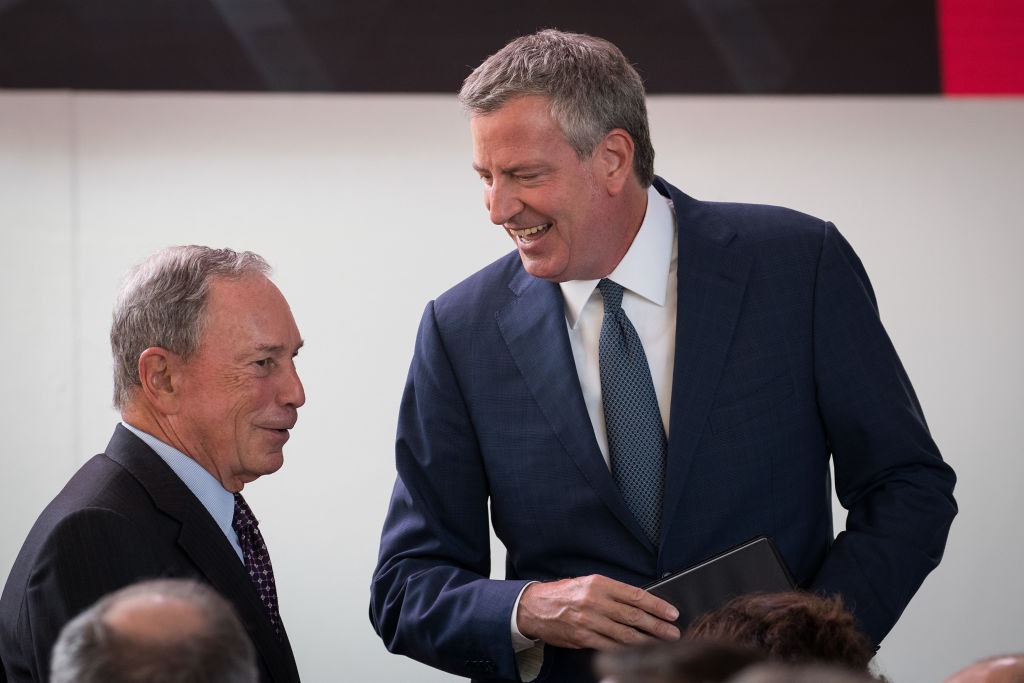
Spotlights like this one provide original commentary and analysis on pressing criminal justice issues of the day. You can read them each day in our newsletter, The Daily Appeal. New Yorkers were supposed to be finished with all of this. Done with 12 years of Michael Bloomberg, a technocratic, out-of-touch billionaire mayor who oversaw the highly […]